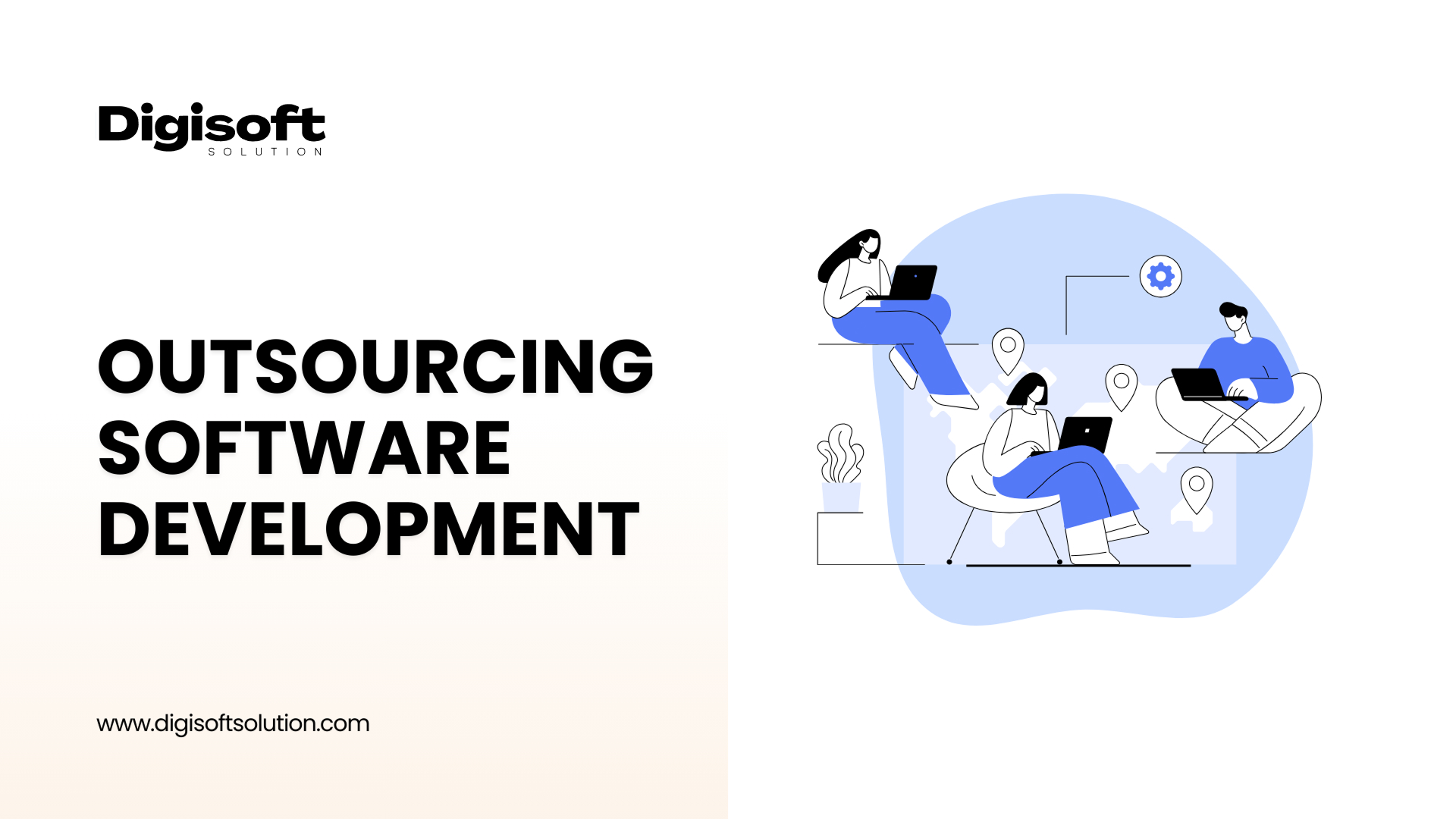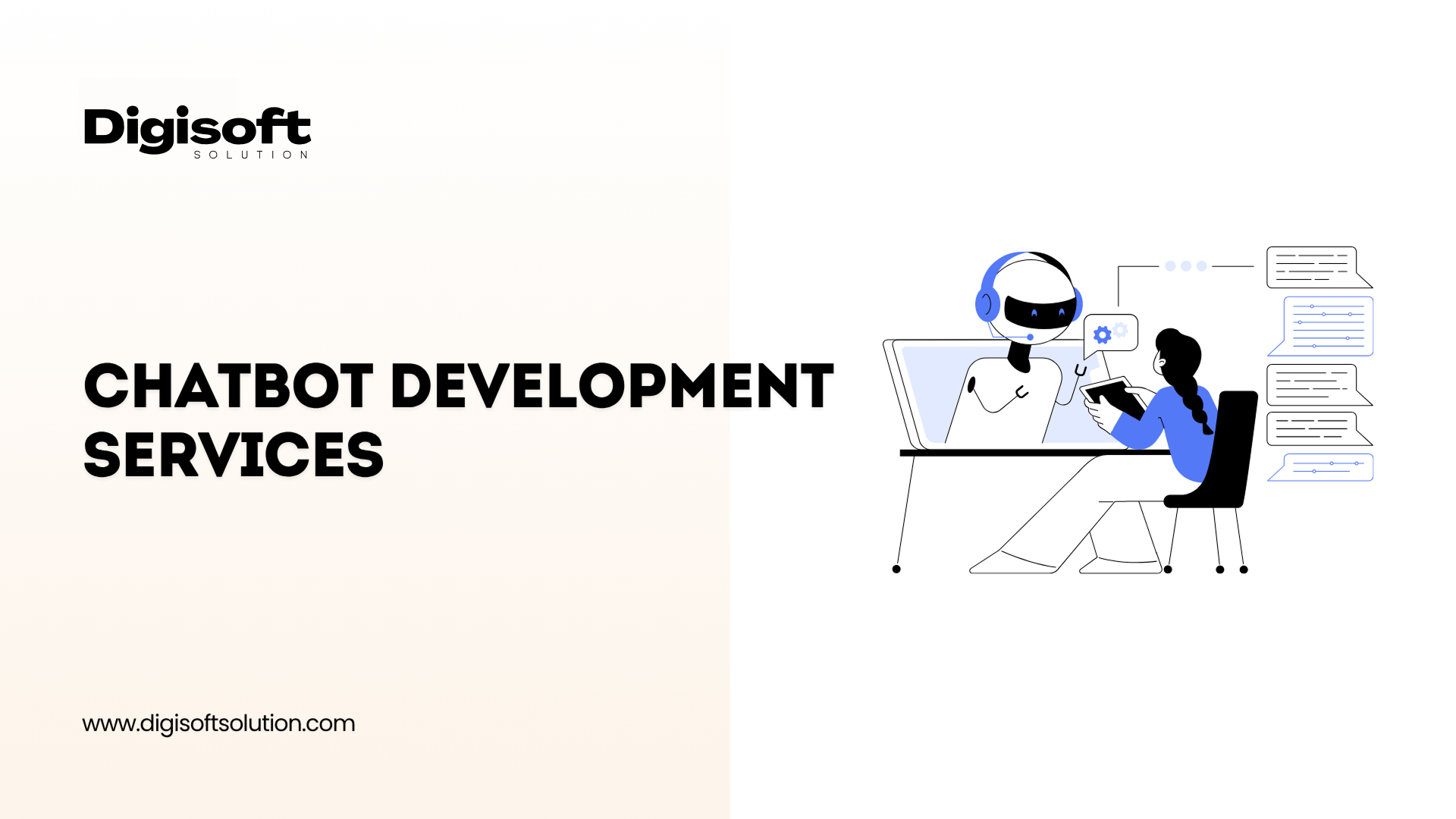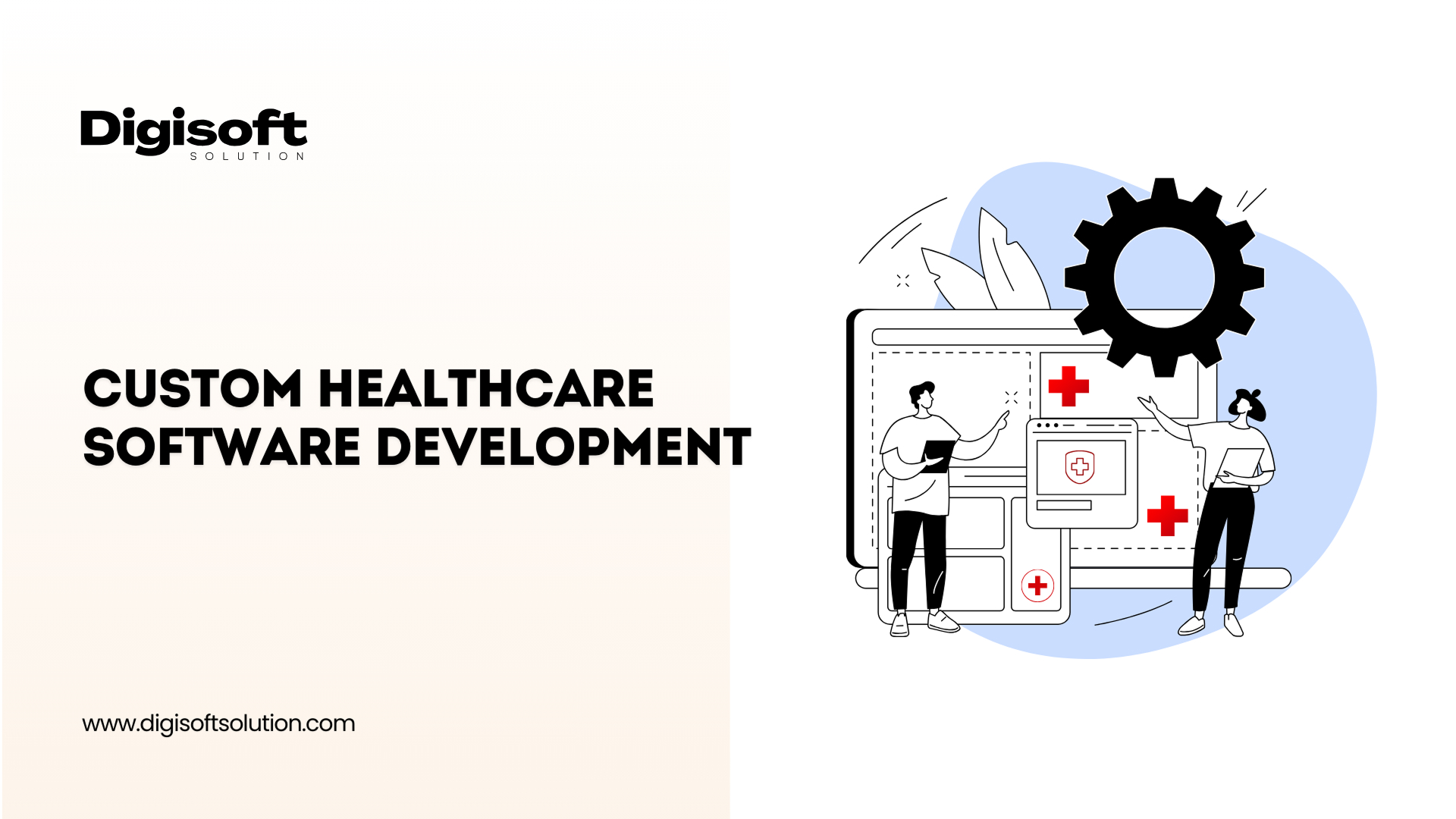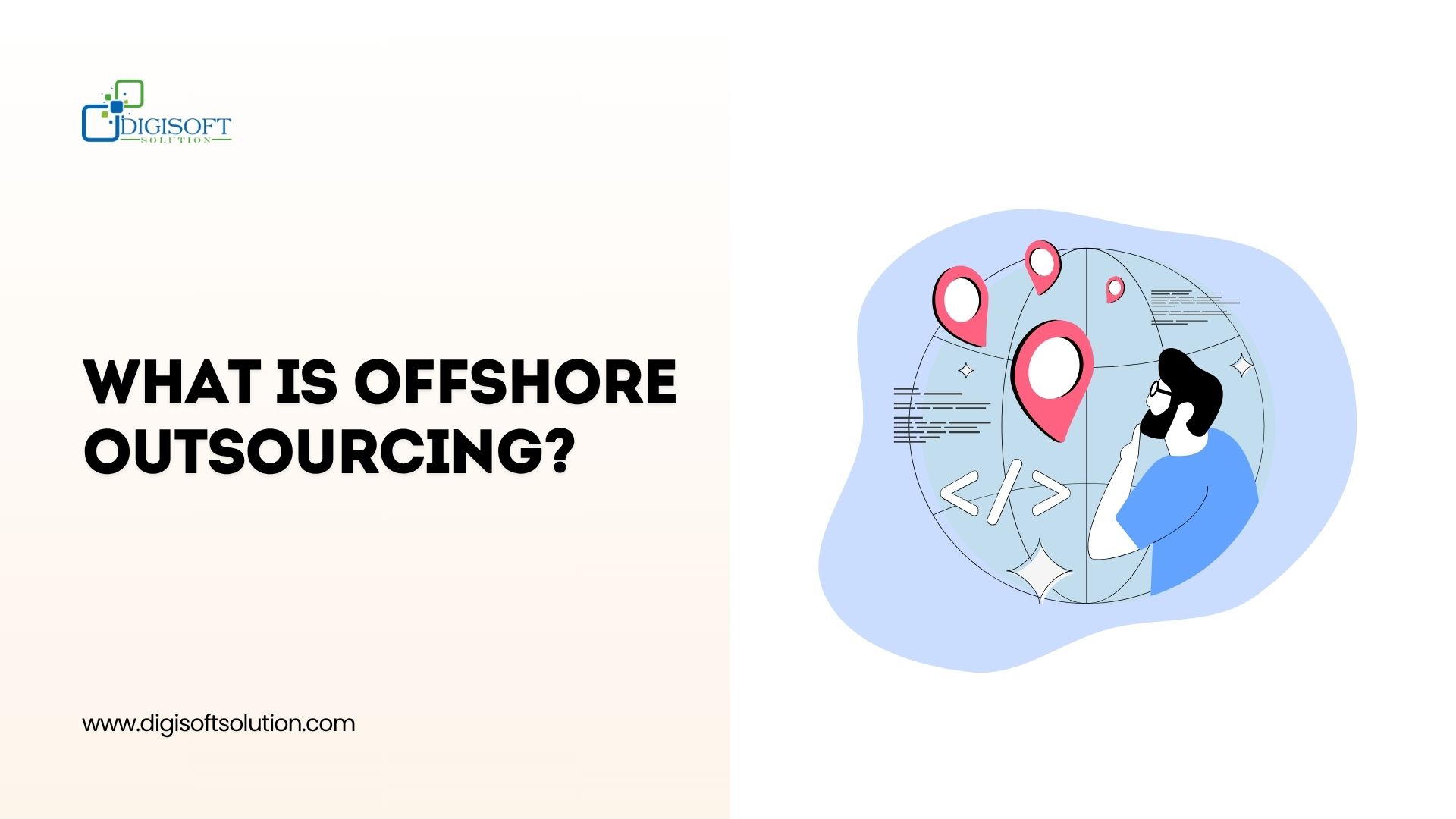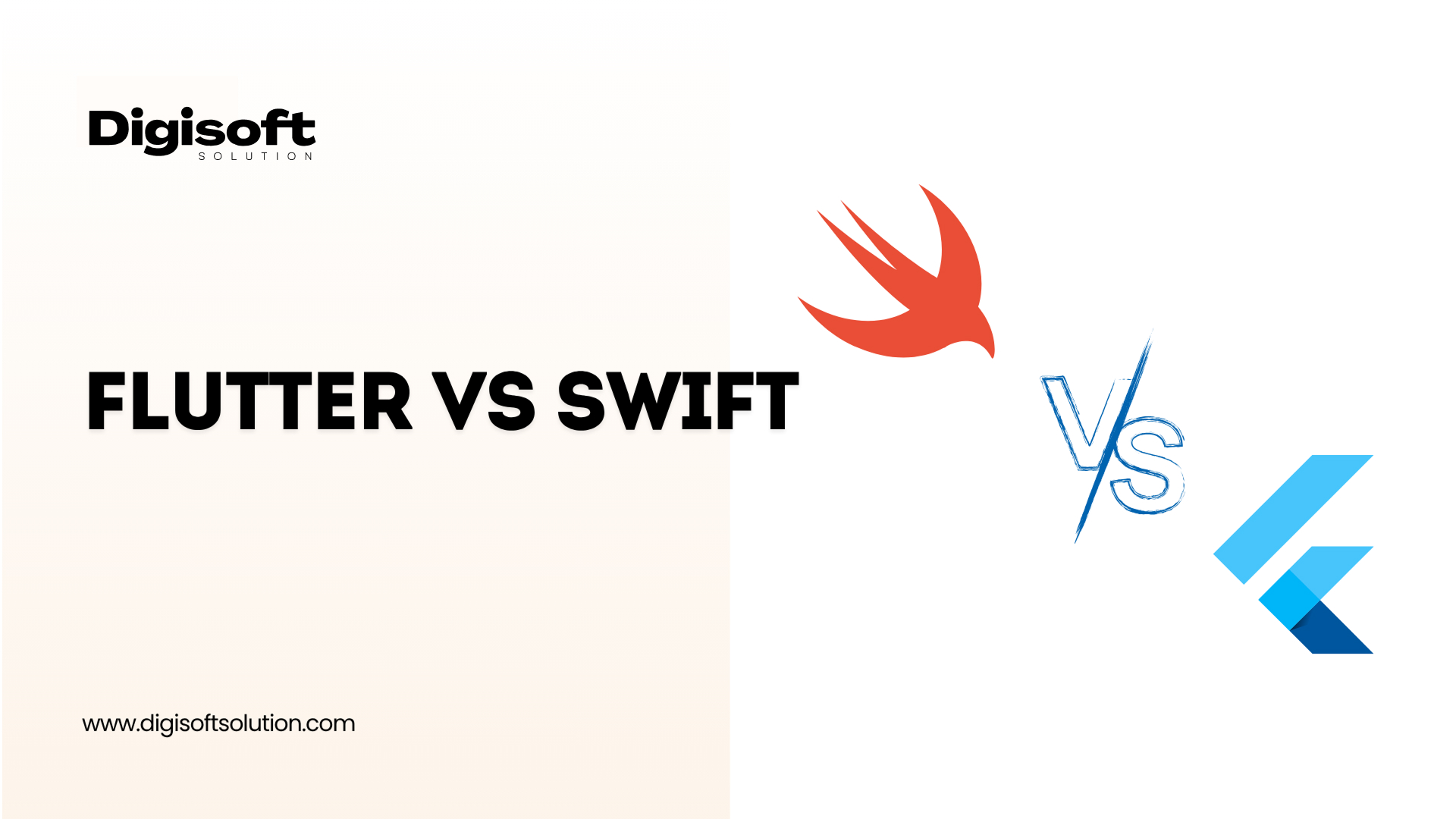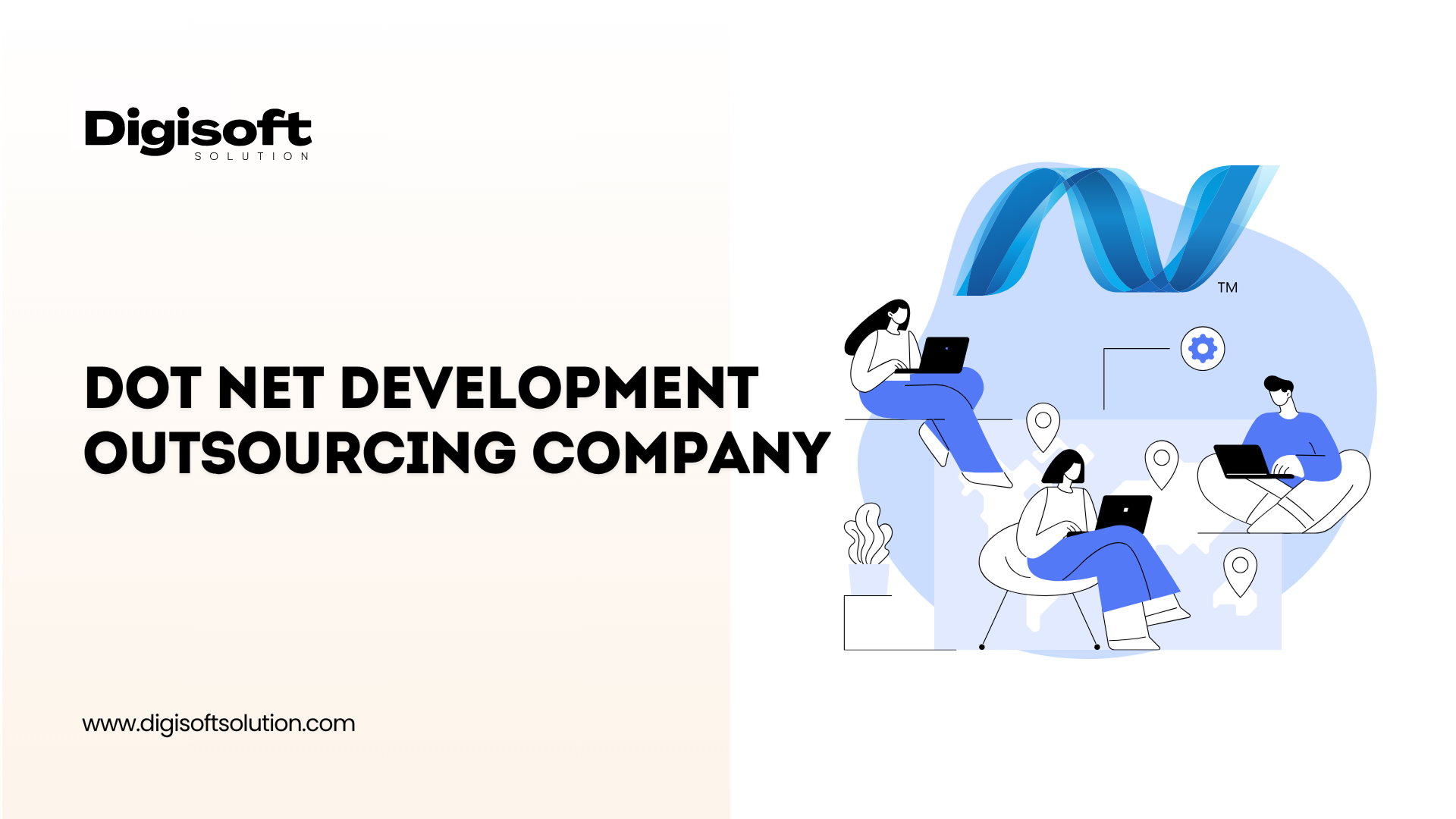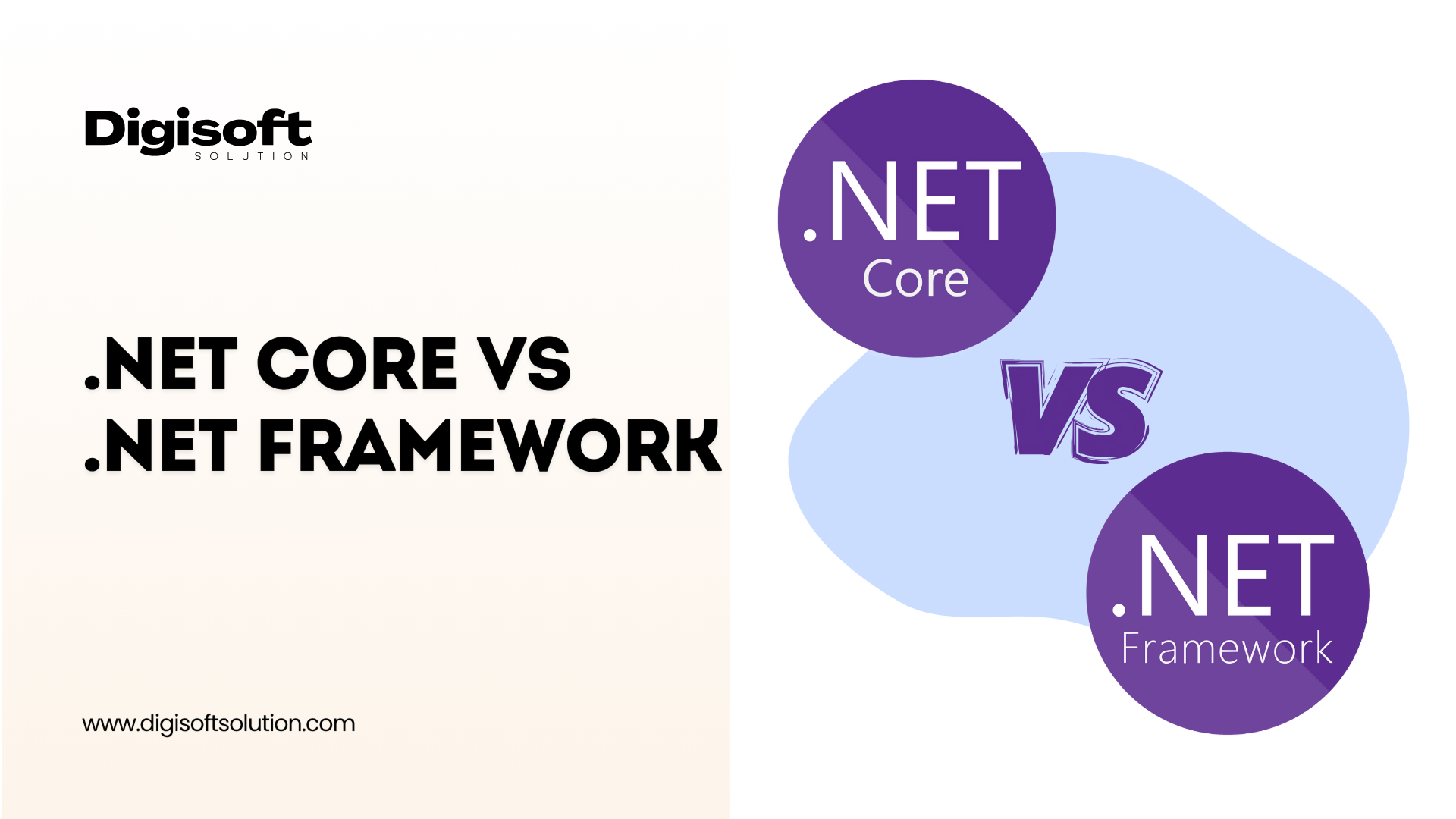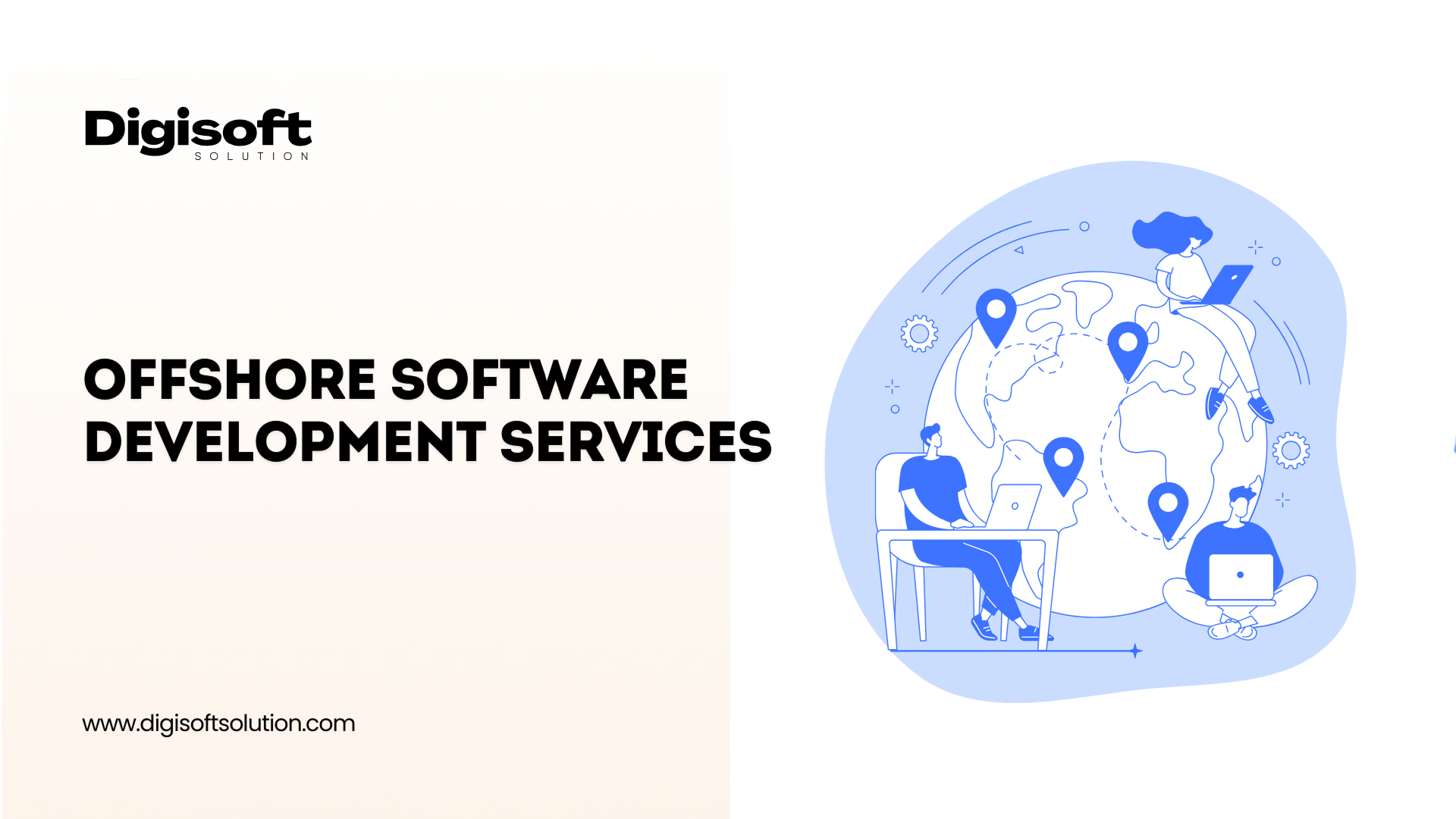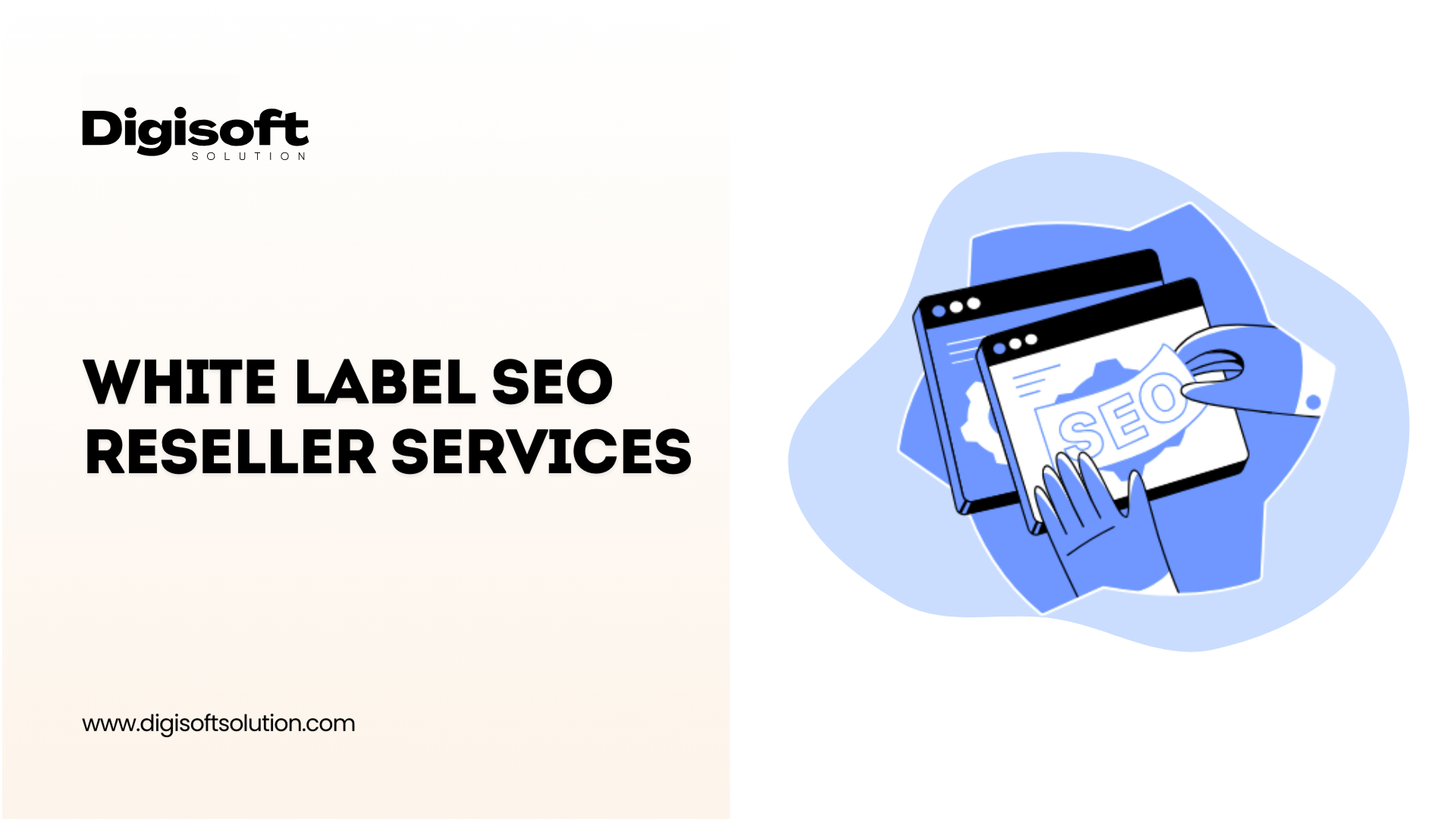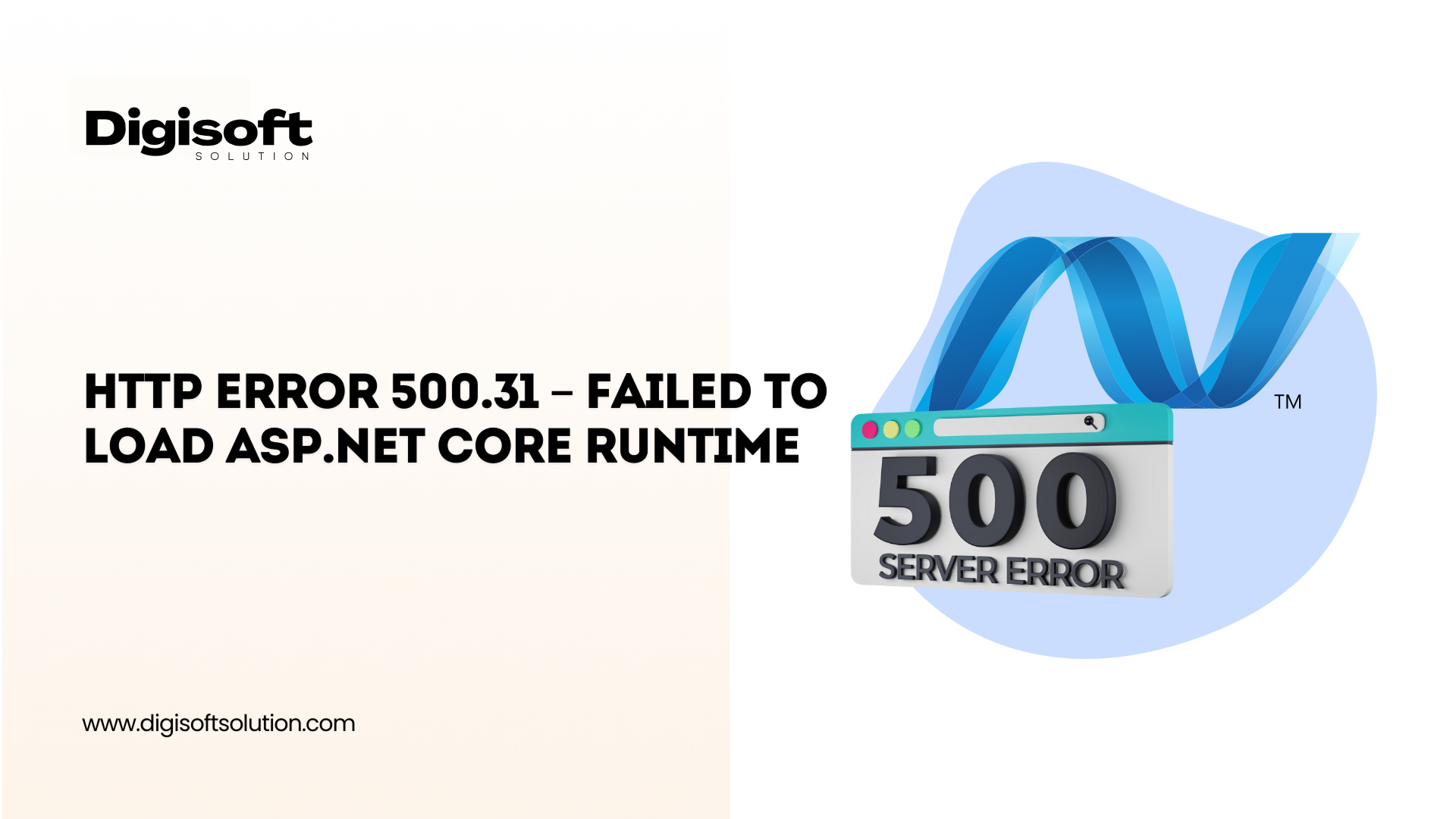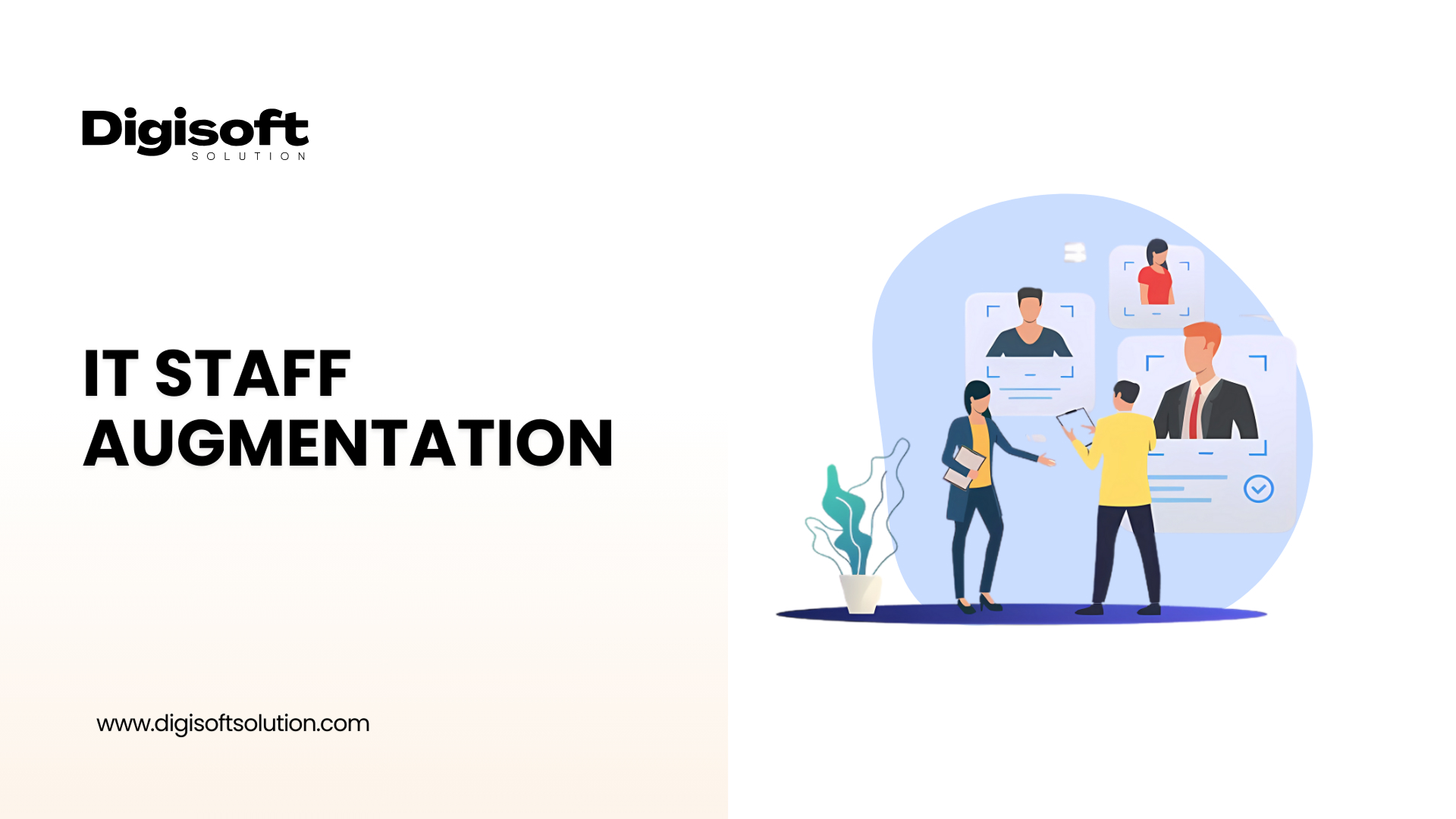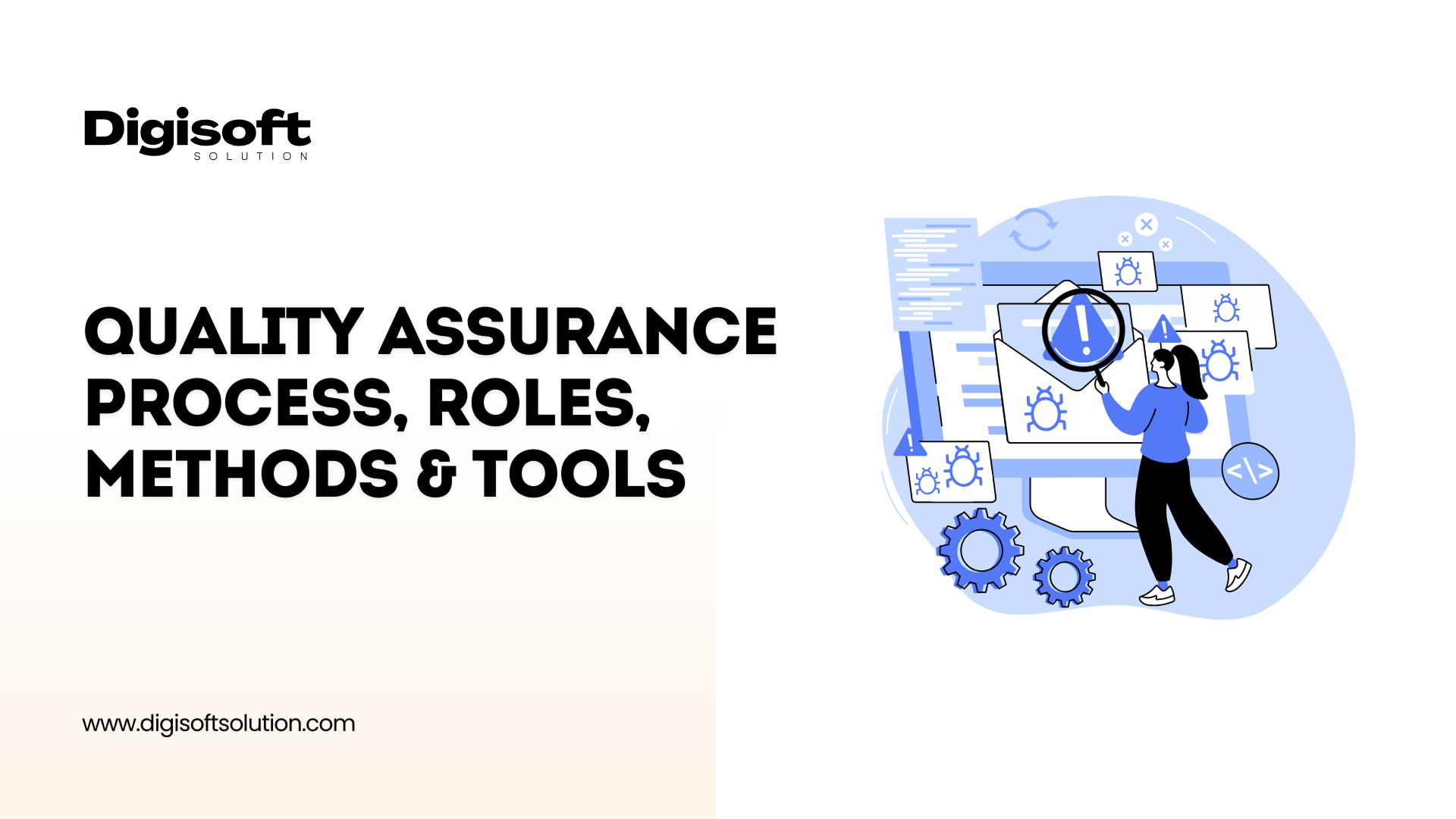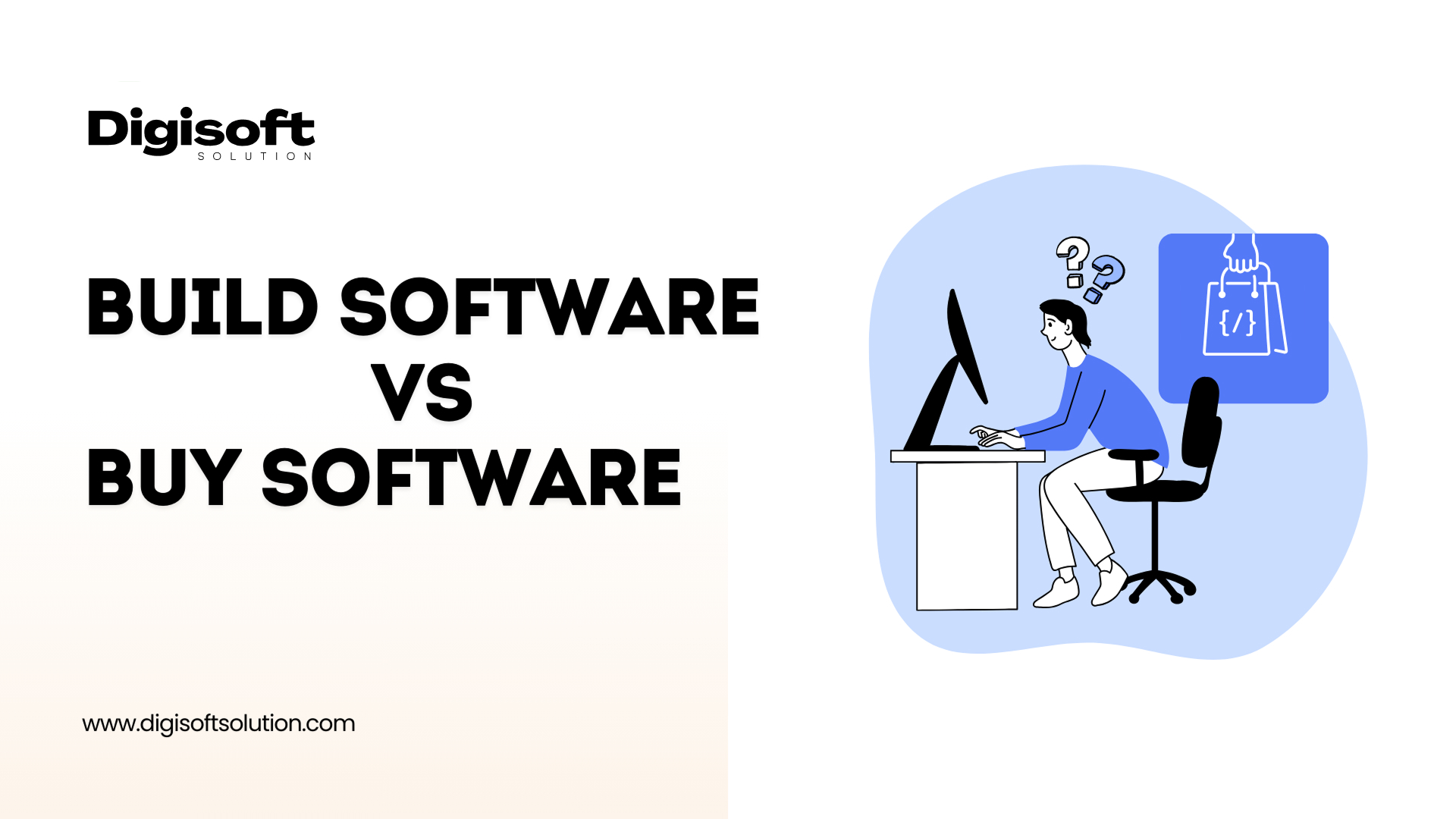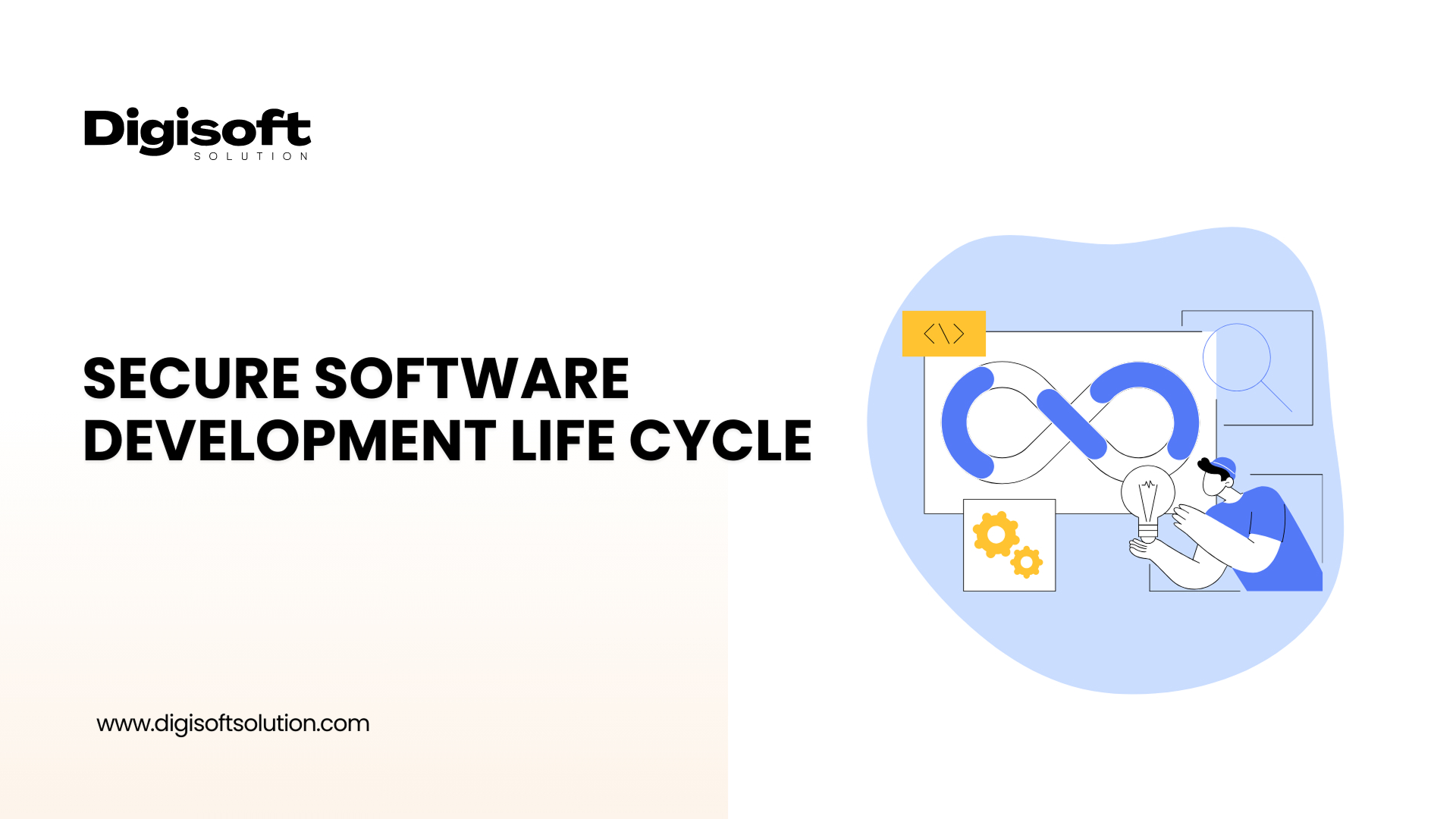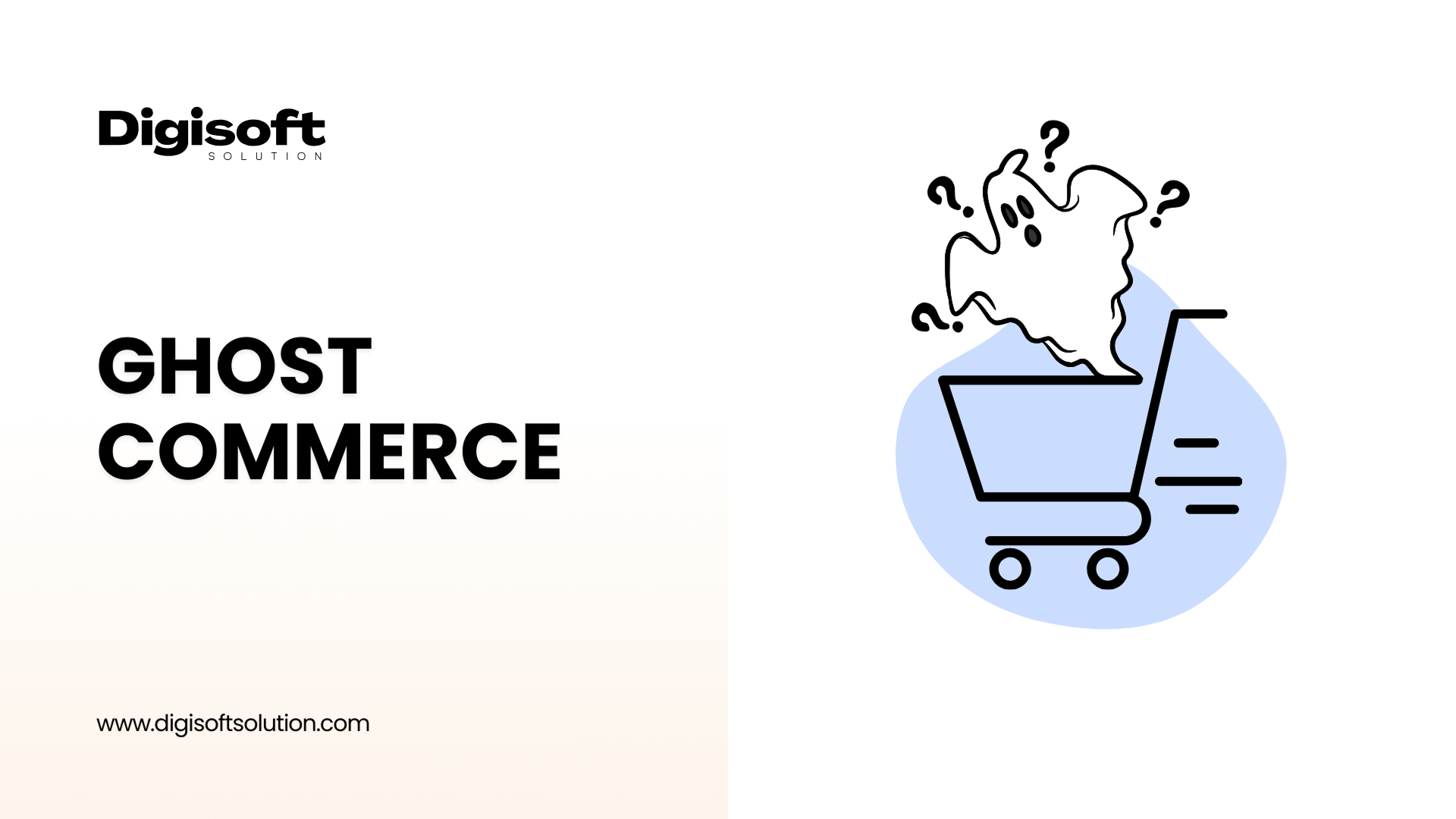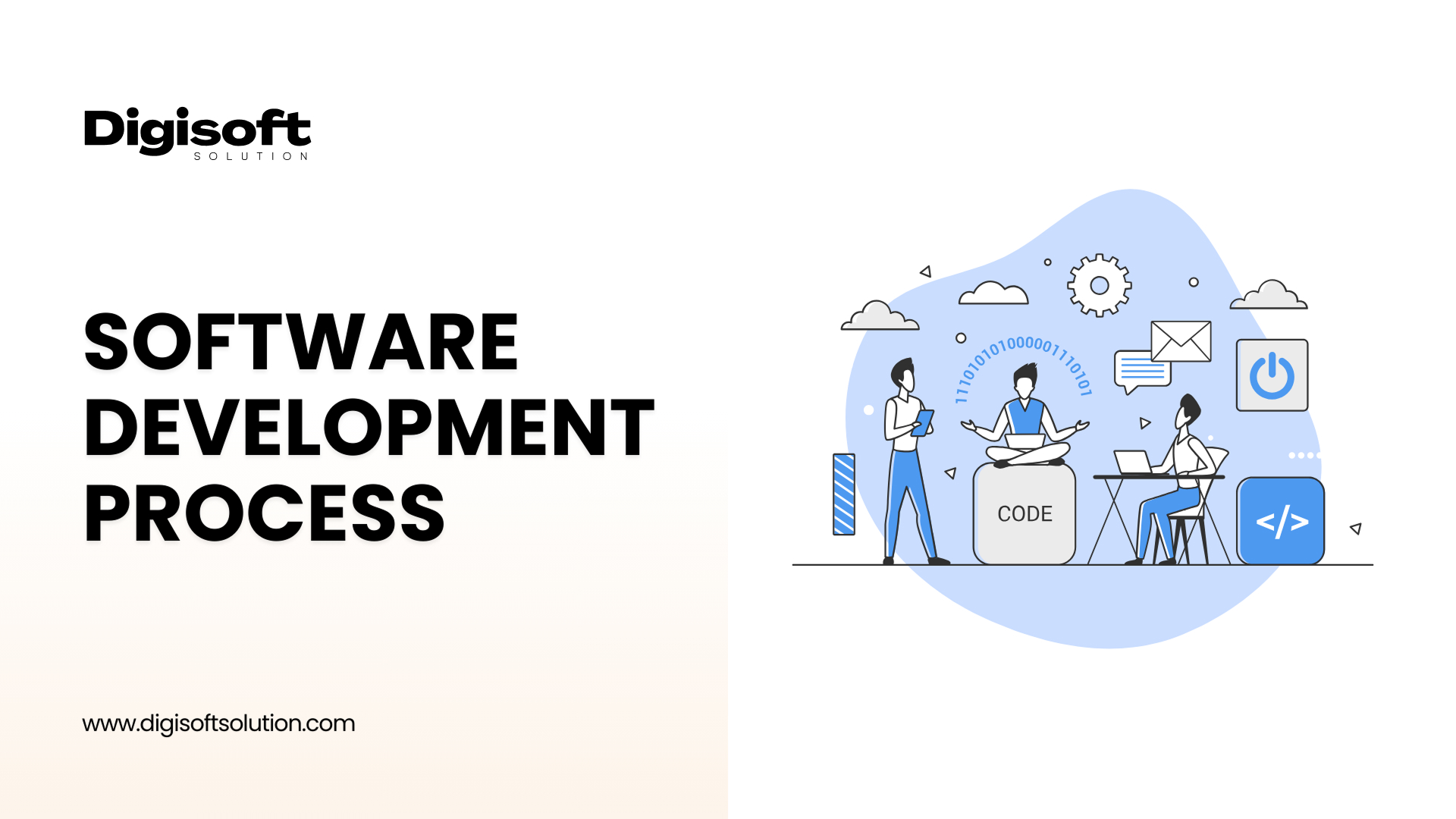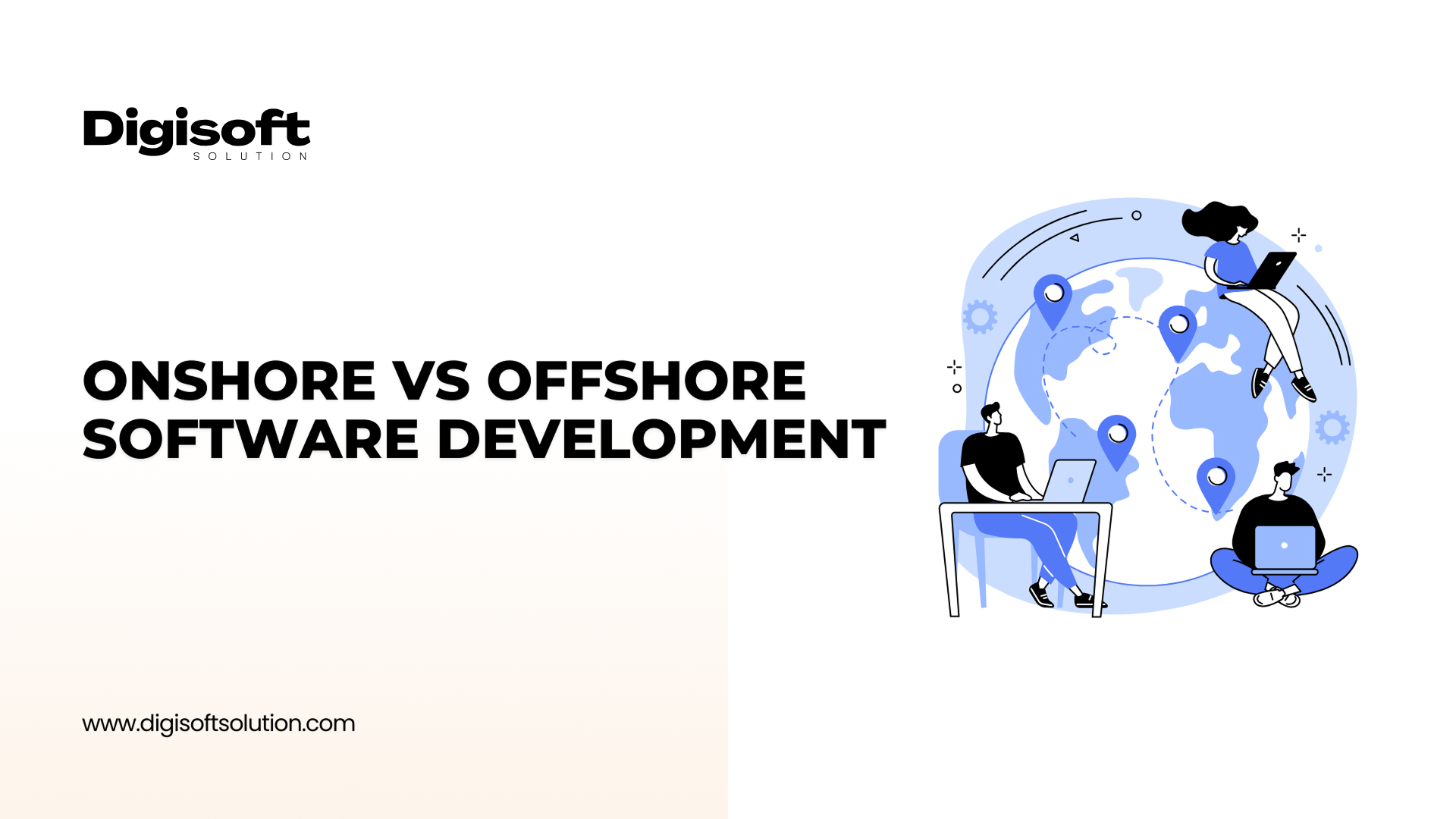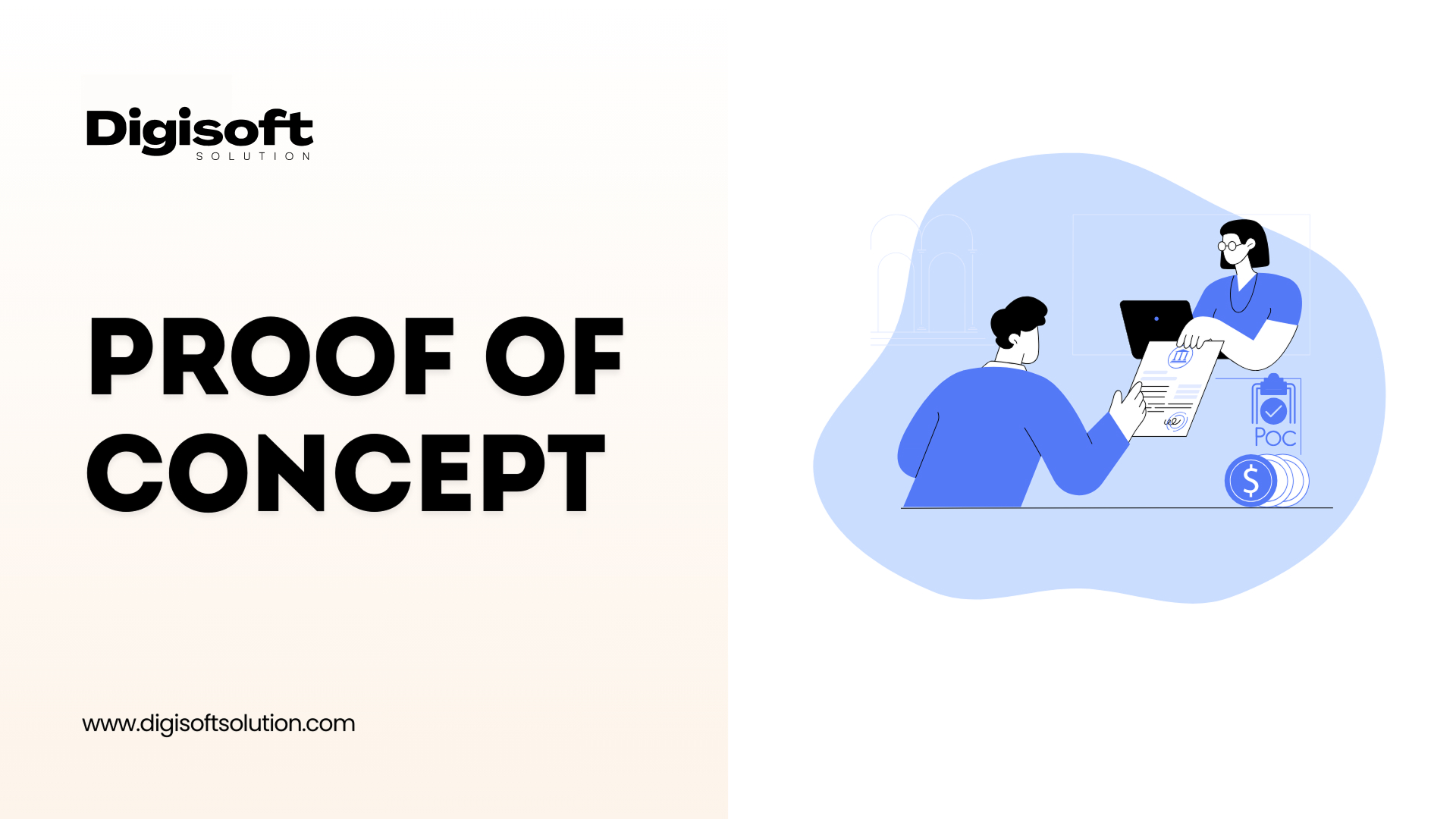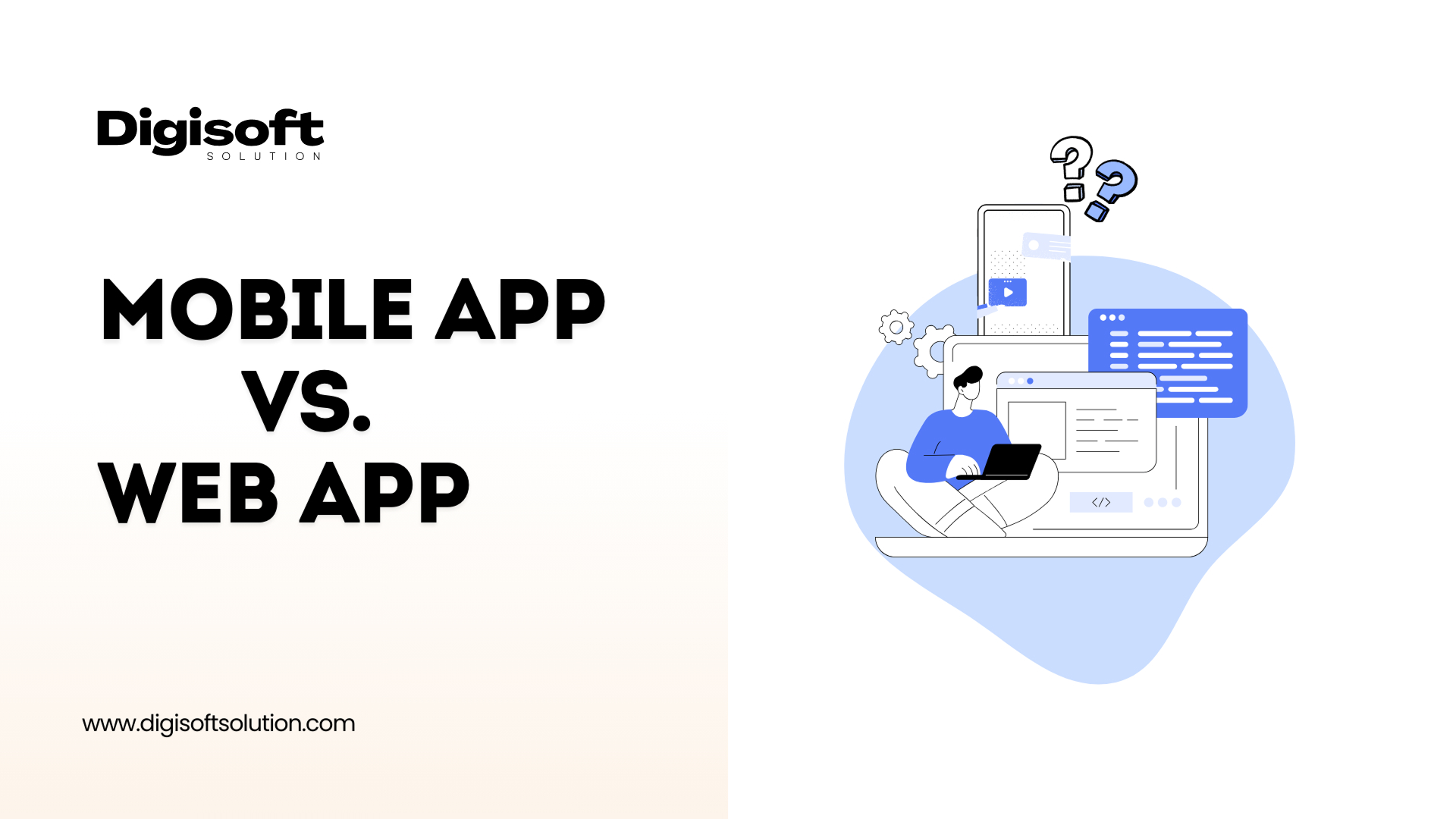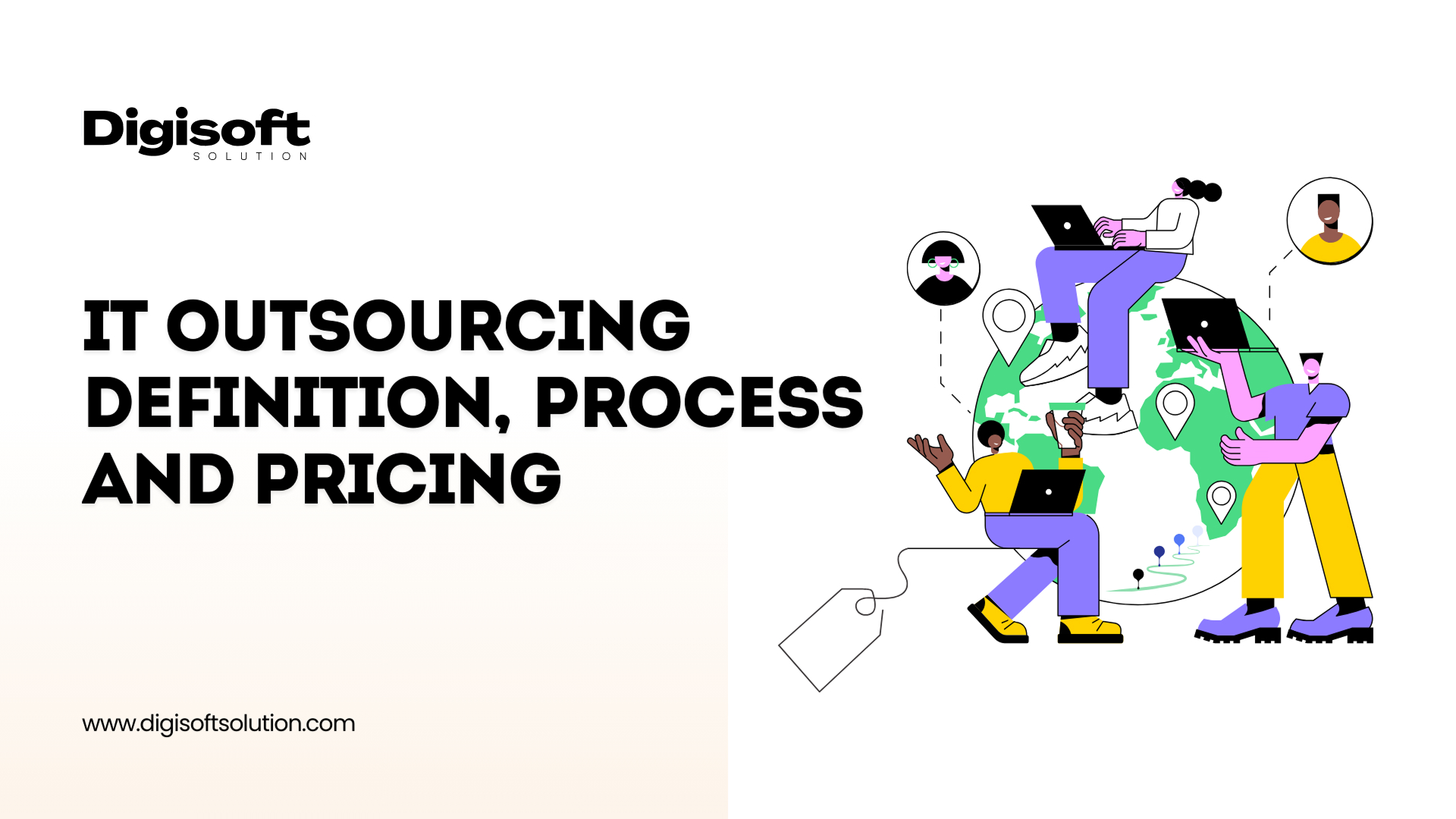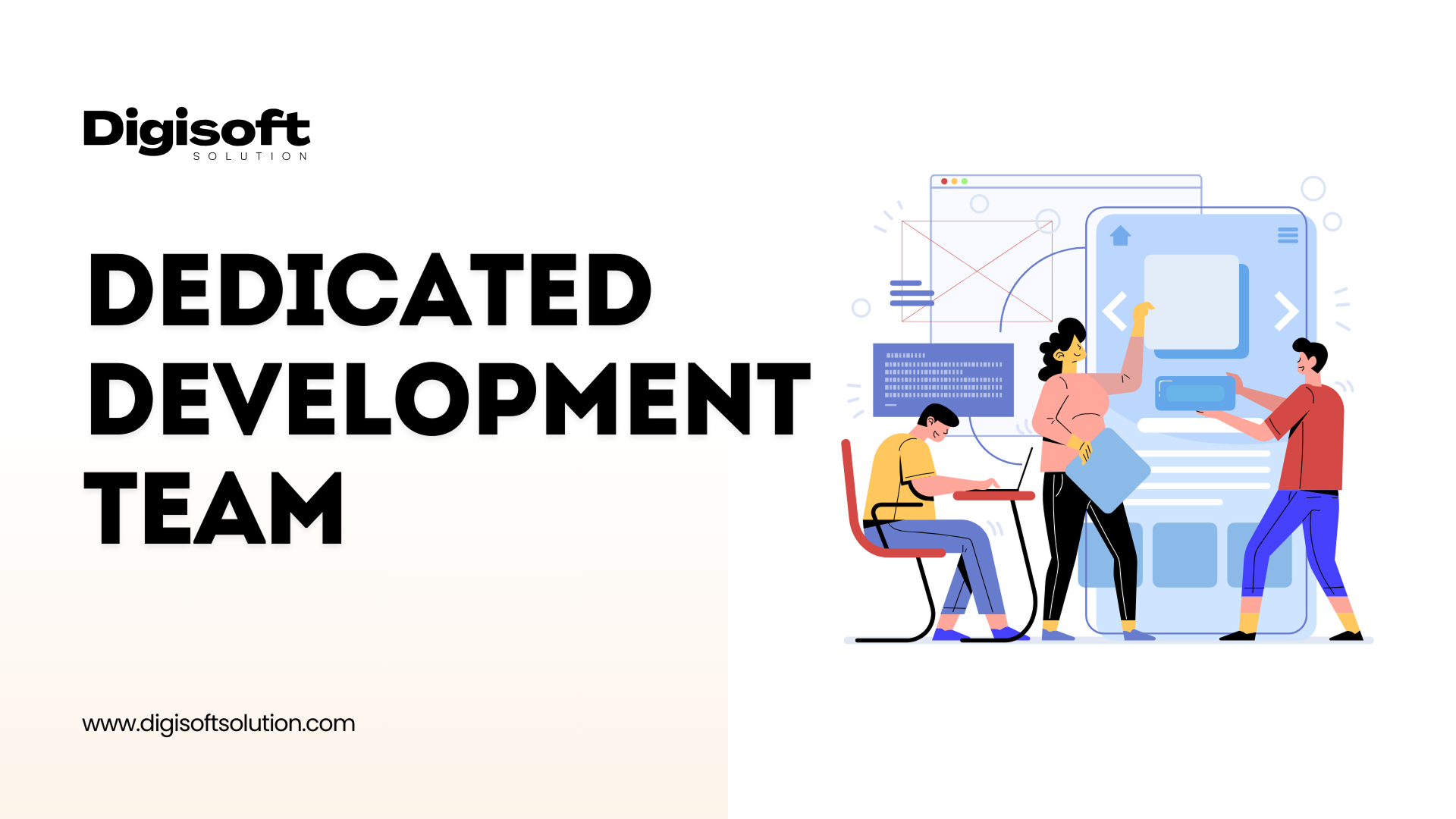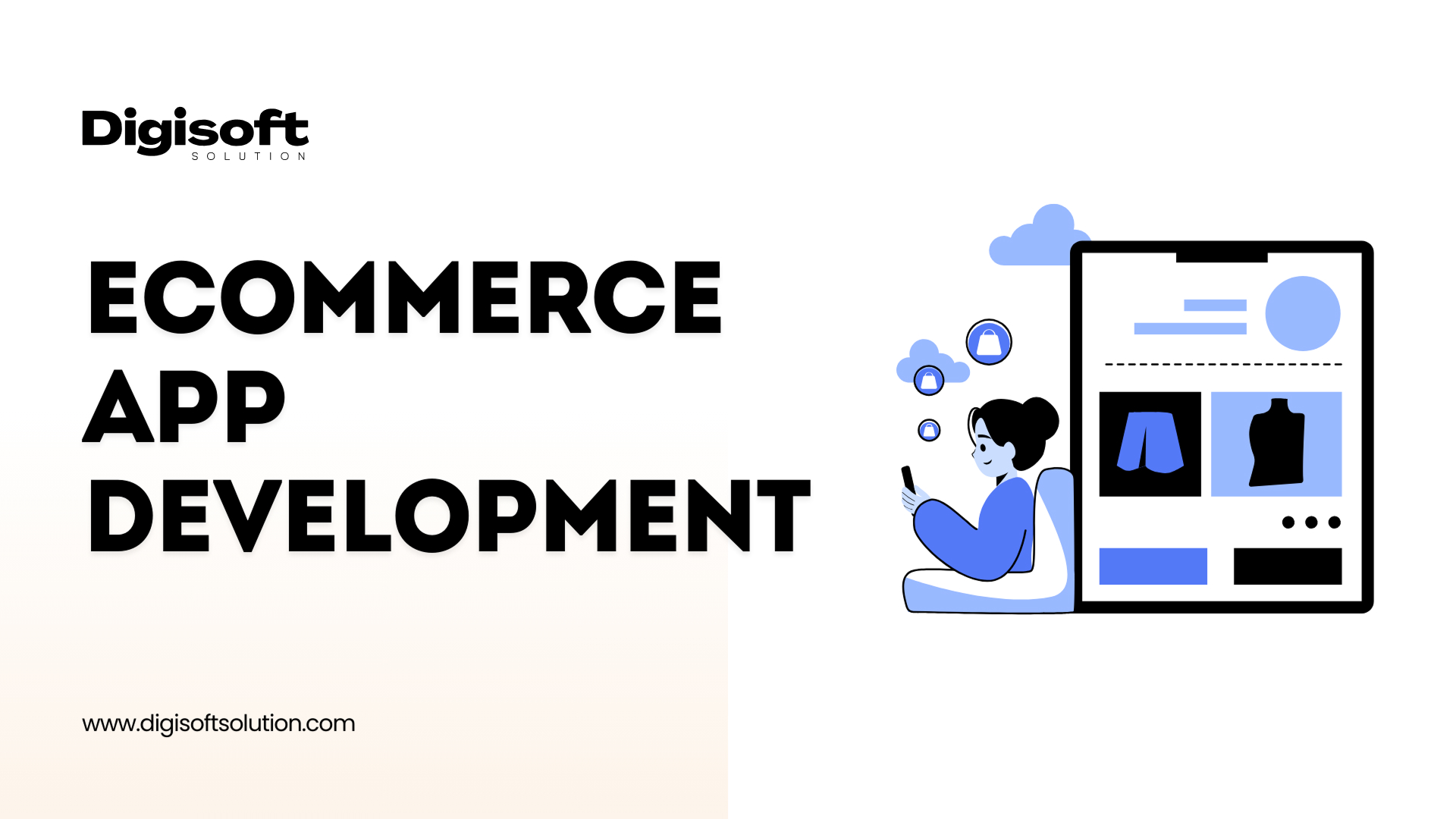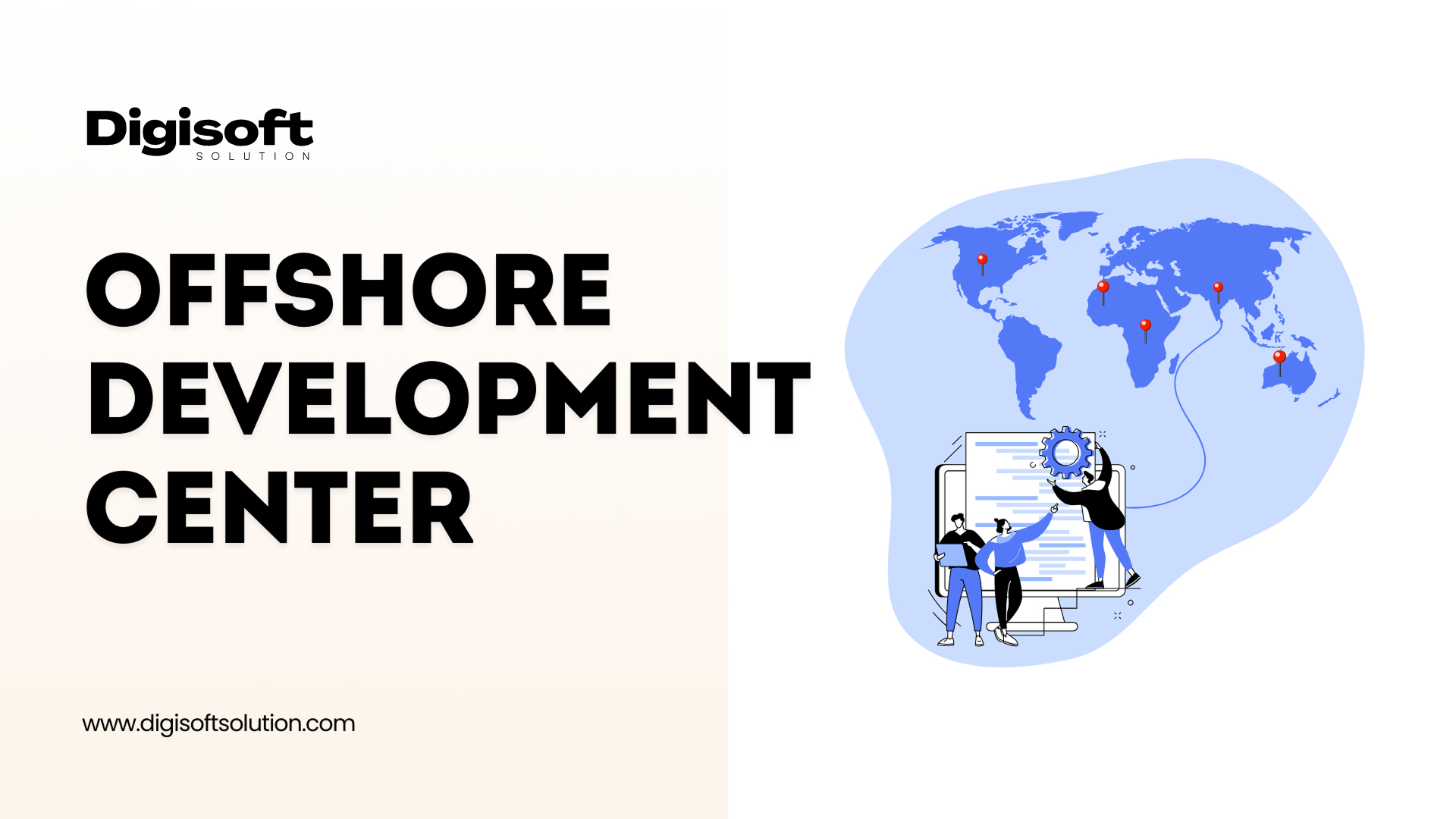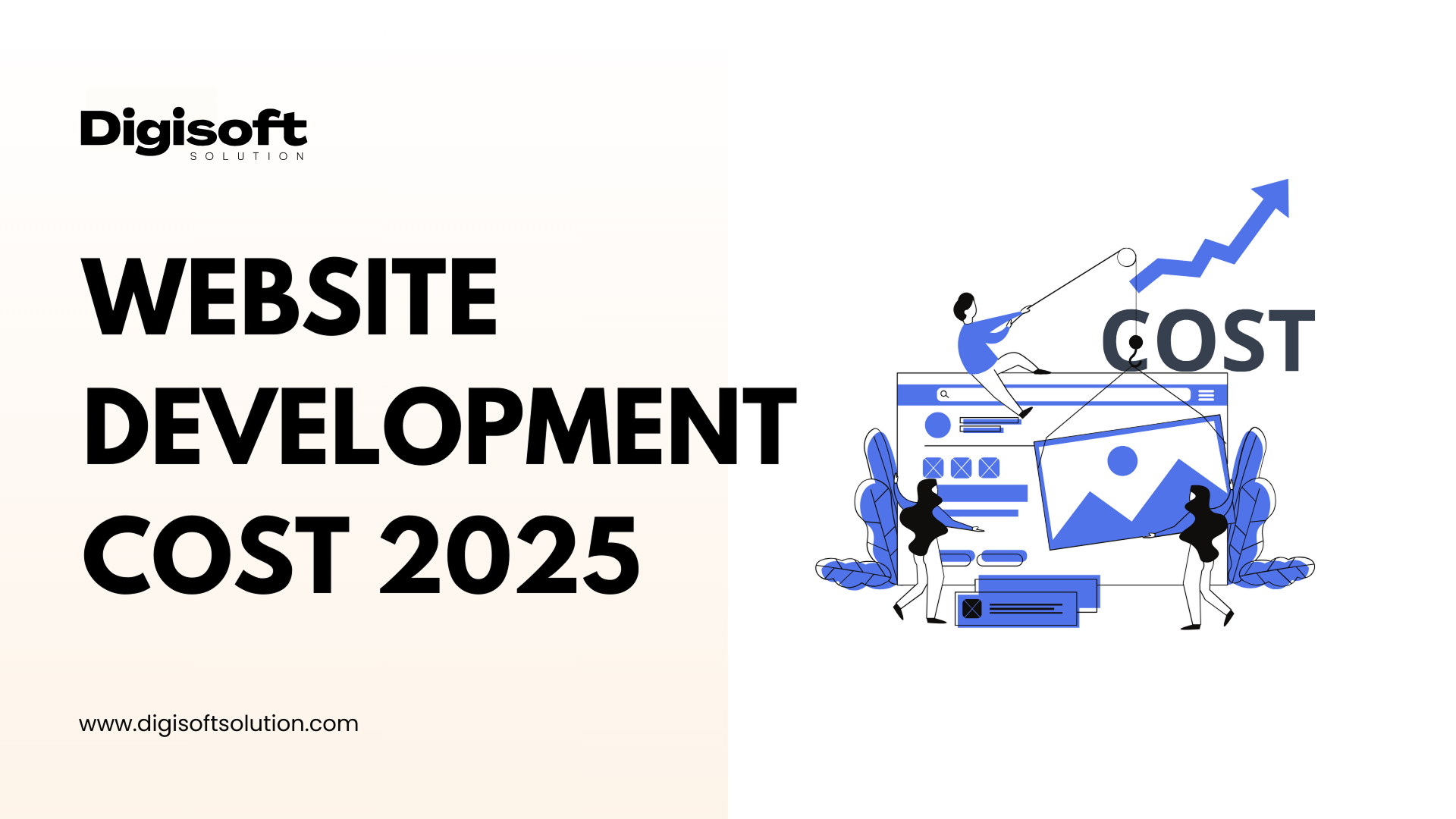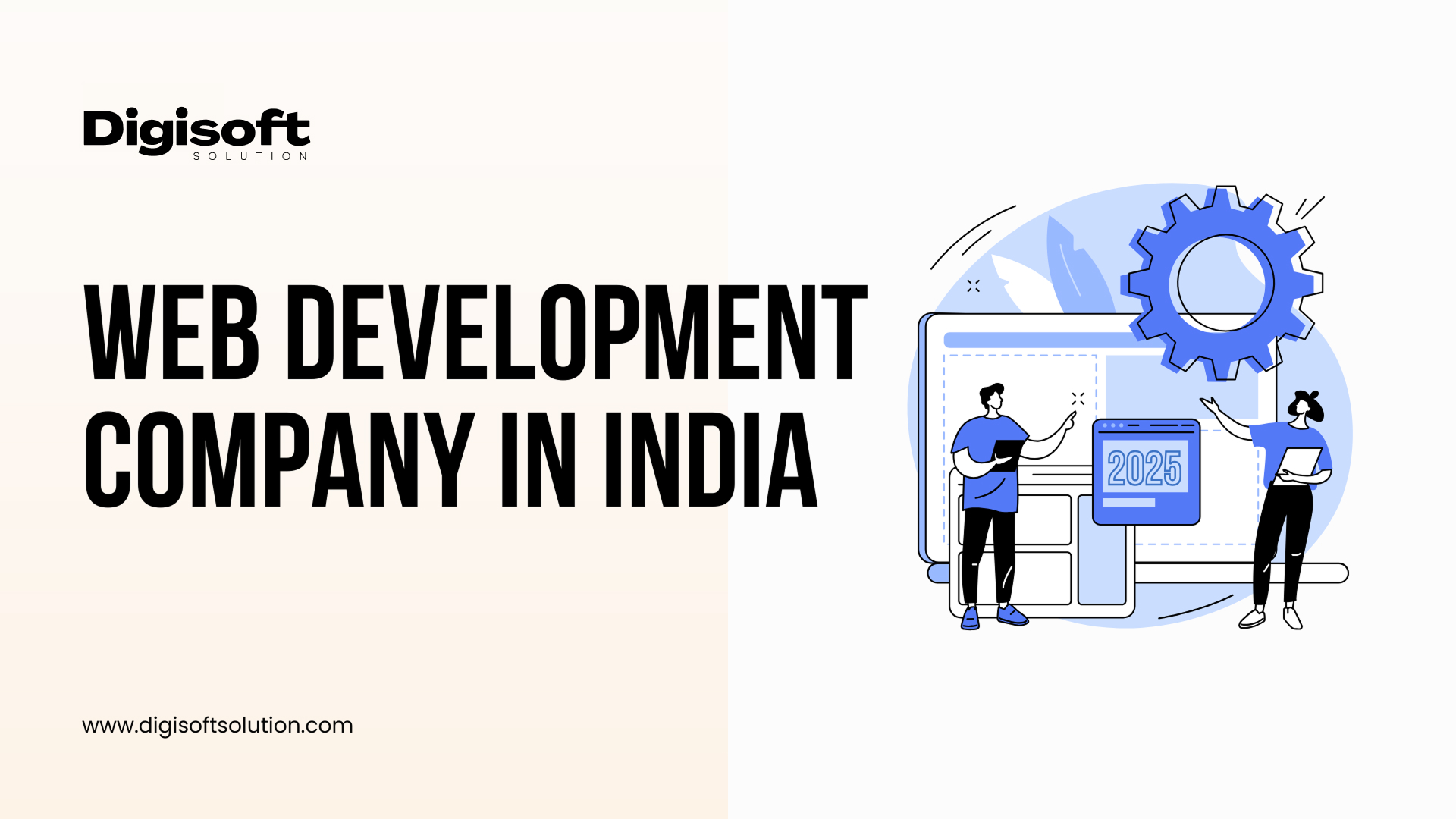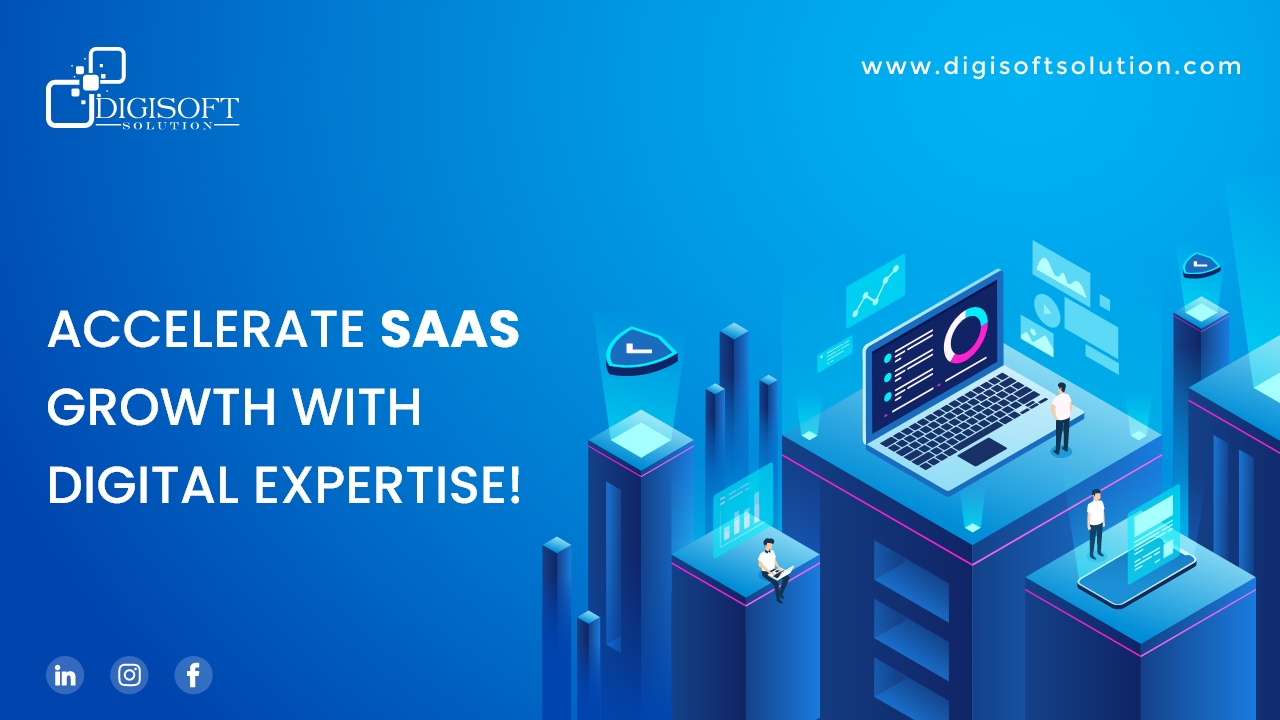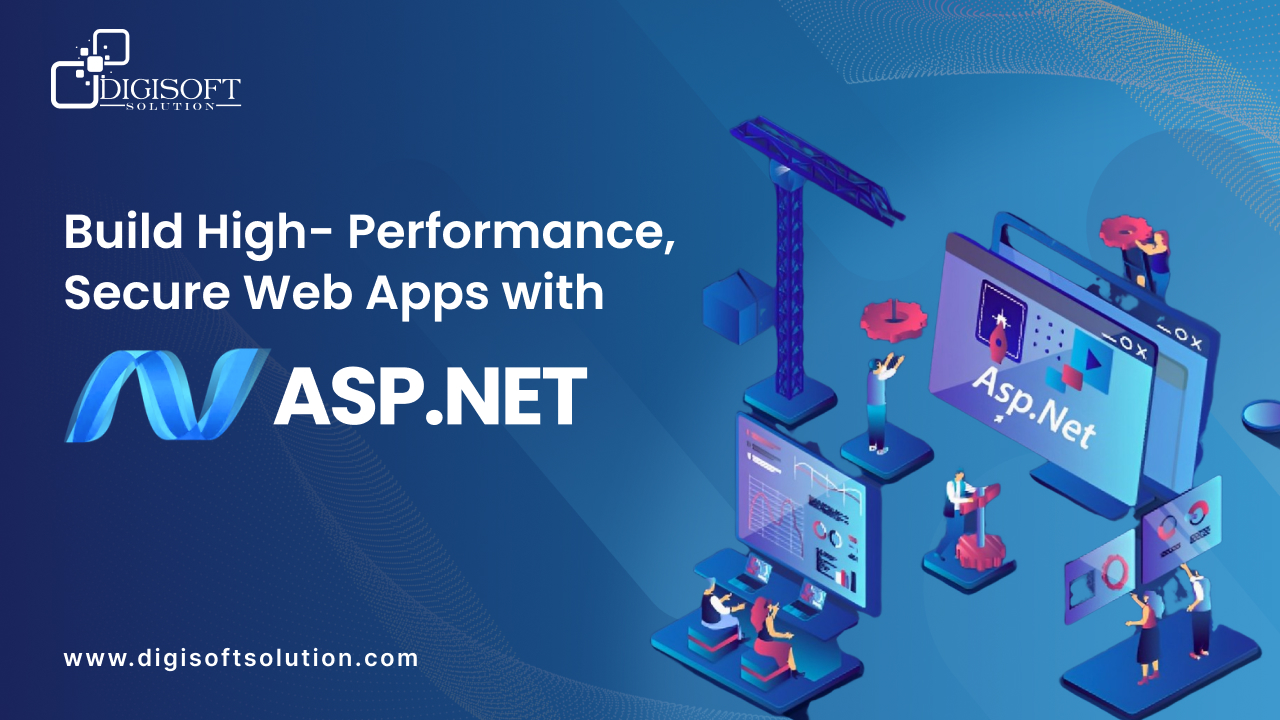Table of Content
- What is Logistics Software Development?
- Why Do Businesses Need Logistics Software Development?
- Tech Trends Reshaping Logistics Software Development
- Essential Modules of Custom Logistics Software
- Key Features of Logistics Software
- Tech Stack for Logistics and Transportation Software Development
- How to Develop Logistics Software- Step-by-Step Process
- Estimated Cost of Developing Logistics Software
- Advice for a Productive Logistics Software Project
- Why Digisoft Solution Is Your Ideal Logistics Software Development Partner
- Here is what makes Digisoft different
- Conclusion
Digital Transform with Us
Please feel free to share your thoughts and we can discuss it over a cup of coffee.
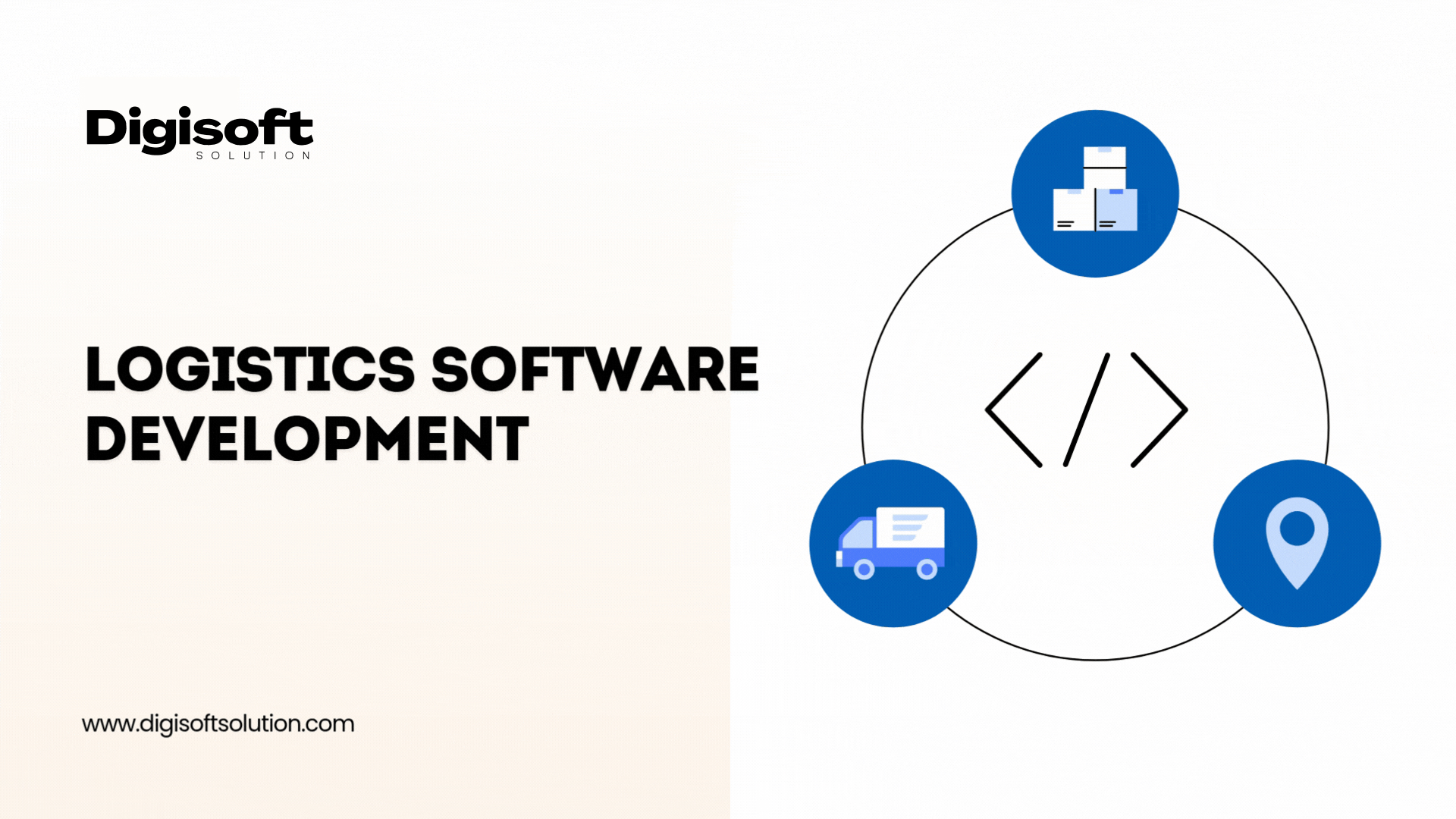
In the fast-paced, hyper-connected, demand-driven economy we live in today, logistics software development is now an essential part of the supply chain and transportation ecosystems. Organizations engaged in the movement of product, whether it is raw material, inventory, or finished goods, rely upon intelligent software systems to control operations, reduce operating expenses, and increase available delivery methods.
Whether automating shipments, managing warehouse services, or tracking a delivery in real-time, logistics software provides a digital infrastructure for all supply chain organizations. This complete guide to logistics software development provides evaluations of logistics software features, benefits, technologies to build upon (or leverage), and how to design and develop logistics software for your organization.
What is Logistics Software Development?
Logistics software development is the development of digital product solutions that act centrally for businesses to manage, optimize, and control logistics operations.
Logistics software development is systems that work with third-party services and allows real-time visibility and automation of time-consuming manual processes. The end result is faster deliveries, improved customer satisfaction, and operational effectiveness within budgets.
Why Do Businesses Need Logistics Software Development?
As global logistics get more sophisticated, businesses need means to grasp operations under control. Consider these logistics software development services as the most important.
- Cost Optimization: A logistics software will automatically work on some typical issues like order process and dispatch coordination, implying much less manual intervention and operational cost reduction. It will also assist the business in evaluating the various carriers and choosing the most cost-effective option.
- Data Storage and Analysis: Modern logistics solutions keep real-time and historical data for all activities-from fleet performance to delivery times. This data is analyzed for inefficiencies, KPIs, and other innovations that a company needs to make an informed choice.
- Minimizing Human Errors: Manual data entry causes costly errors in transportation and inventory. On the other hand, a well-established custom logistics software development system can automate these processes, ensure high accuracy drift, and reduce interruptions in its operation.
- Process Automation: Whether it is route planning, load planning and management, or dispatch scheduling, automation is the central key in producing any successful logistics software. This type of software can enable paperless processes and speed up operations to minimize turnaround time.
- Better Transportation Management: Transportation often represents a significant portion of any logistics cost. Advanced software provides you with GPS tracking in real time to get predictive ETAs and efficient routing to reduce consumption of fuel, minimize delays, and increase customer satisfaction.
Tech Trends Reshaping Logistics Software Development
Innovation is changing, shaping the logistics industry. These are some of the trends influencing the development of logistics-software-related services:
- AI (artificial intelligence): It provides support for predictive analytics in demand forecasting, route optimization, and maintenance scheduling, and provides insight into their performance in logistics.
- Cloud Computing: The cloud has provided logistics systems with flexibility, real-time access to data, and integration across computers and real-world locations. Vendors, drivers, and customers can collaborate much more easily now.
- Blockchain: It keeps shipments and documentation unbroken into secure, transparent, and tamper-proof records. It is transforming trust and traceability for the value chain.
- Warehouse Robotics: The increasing use of AI works in contrast with warehouse robots and automated guided vehicles (AGVs). These systems further integrate with the warehouse management software to speed up order fulfillment and reduce labor costs.
Essential Modules of Custom Logistics Software
A comprehensive custom logistics software development involves separate modules that have been developed to oversee every aspect of the logistics process. Here are the main pieces:
- Warehouse management system (WMS): Oversees stock locations, incoming and outgoing stock, and all different activities that go on in a warehouse such as picking, packing, and shelving.
- Enterprise resource planning (ERP): Handles finances, procurement pieces, and compliance pieces, and even provides a hub for modules across departments for seamless operation of logistics.
- Inventory management system (IMS): Helps keep track of stock levels, tracks sales and orders, and identifies when stock needs to be reordered. Avoid running out of stock, and avoid ordering too much stock.
- Supply Chain Management software (SCM): Helps manage the production, shipping, and logistics functions. SCM tools analyse all the resources available and know how to allocate the best possible use of those resources.
- Fleet management system: Tracks deliveries, monitors driver behavior, and controls vehicle performance and related maintenance schedules. A fleet management system is essential to logistics for efficient and timely transportation.
- Transportation Management System (TMS): This automates the process of route planning, shipper selection, and tracking of shipments. TMS is useful for cost management and providing visibility of the movement of freight.
- Navigation & GPS Tracking: Real-time tracking for goods while in transit. Increases customer satisfaction with updates on the time and location of delivery.
Key Features of Logistics Software
Whether you are outsourcing the logistics software development or developing internally, your solution should also include the following key features:
- GPS Tracking: Real-time visibility over shipments.
- Notification Alerts: System updates, shipment status, and messages to customers.
- Third-party Integrations: Integrations to ERP, CRM, maps, and payment gateways.
- Report Generation: Custom report creation and analytical dashboards.
- 2FA Authentication: System security.
- Online payment gateways: Frictionless transaction processes for end-users.
Tech Stack for Logistics and Transportation Software Development
Choosing the right technology is crucial. Here’s what most logistics custom software development services companies use:
|
Category |
Technologies |
|
Front-End Development |
React.js, Angular.js, Vue.js, jQuery |
|
Back-End Development |
Node.js, Python, Java, PHP |
|
Mobile App Development |
Kotlin (Android), Swift (iOS), React Native (Cross-platform) |
|
Cloud Platforms |
AWS, Azure, Google Cloud |
How to Develop Logistics Software- Step-by-Step Process
Building a logistics platform is a multi-step process. Here's a detailed breakdown:
1. Define Requirements: Outline your goals, timeframe, features, and budget. Summarize any research on competitors and existing logistics challenges.
2. Work with a Logistics Software Development Company: Search for a logistics software development company you trust, preferably that understands your industry and has done similar projects before.
3. Design & Prototype: Work with UX/UI designers to build wireframes and interactive prototypes. Ensuring usability and smoothness is a priority.
4. Development: Front-end and back-end can be developed at the same time. Set third-party services and configure databases. Continuous testing and iterations happen during this phase.
5. Testing & QA: Unit testing, integration testing, and system testing, eliminate bugs, and ensure functionality across devices and browsers
6. Deployment & Launch: Deployment in a live environment. Conduct beta testing and collect user feedback. Start the onboarding process for users, and user training after launch.
7. Maintenance & Updates: Keep the software up to date, so remove bugs, update with new features, compliance updates, etc. Scalable systems provide for new modules to be added in the future.
Estimated Cost of Developing Logistics Software
The cost depends on complexity, features, tech stack, and team size. Here's a rough estimate
|
Type of Software |
Average Cost Range |
|
Basic Version |
$8,000 – $13,000 |
|
Mid-level Complexity |
$15,000 – $20,000 |
|
Enterprise Solution |
$25,000 or more |
Costs may differ if you're employing a logistics software development company in India compared to the US due to different prices per hour.
Advice for a Productive Logistics Software Project
Here's some great advice from logistics and custom logistics software development experts:
- Focus on Usability: Software should be simple, intuitive, and responsive.
- Cloud First: Make use of the cloud so that you have scalability and remote access.
- Create Sustainable Software: As your business expands, so should your logistics software.\
- Test Often: There will be fewer bugs and downtime the more often you test.
- Outsource Wisely: Offshoring development can be efficient while saving you money.
Why Digisoft Solution Is Your Ideal Logistics Software Development Partner
Digisoft Solution specializes in developing logistics and transportation software for your specific business needs. Whether you need warehouse management, GPS tracking, and mobile applications, whatever your software needs, we give you solutions that drive ROI.
Here is what makes Digisoft different
- Years of experience in logistics and supply chain management
- Bespoke Solutions that can grow with your business
- Next level development framework and technology using React, Node.js, MongoDB, and cloud computing
- Competitive pricing at the same quality level!
From ideation through deployment and maintenance, we execute every step with excellence and professionalism. Whether you're a logistics startup or an enterprise, we will help you create software that will differentiate you from the competition.
Conclusion
Logistics software development is not a luxury anymore; it is vital for businesses that want to remain competitive in today’s world. Logistics software provides you with the ability to manage your operation efficiently, reduce costs, and increase customer satisfaction through the warehouse management systems, fleet tracking, and automation it offers you.
When you are ready to take your supply chain to the next level, trust Digisoft Solution to provide you with strong and intelligent logistics software based on your unique business model.
Let us take your logistics and develop your business operations with technology.
Digital Transform with Us
Please feel free to share your thoughts and we can discuss it over a cup of coffee.




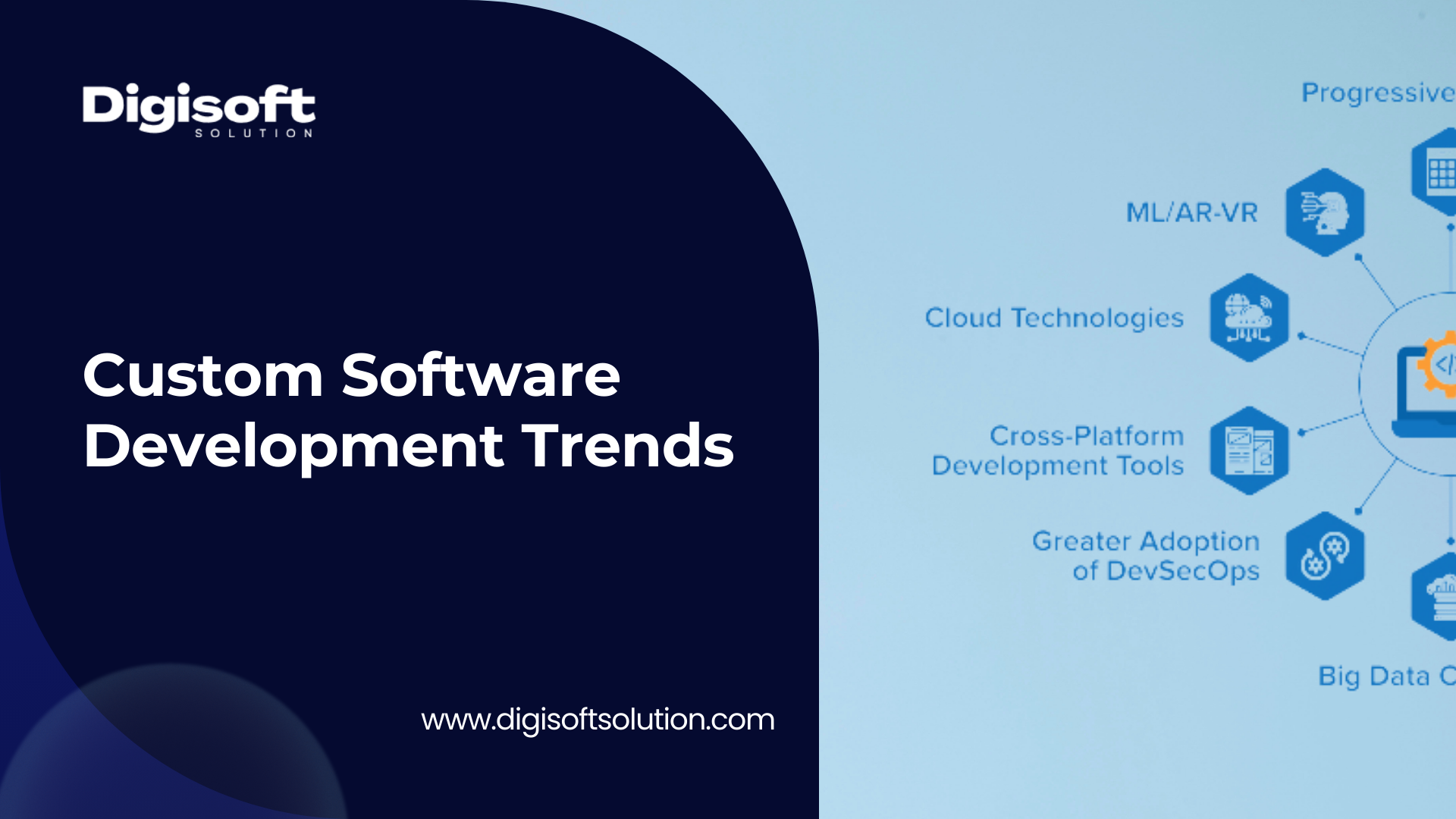

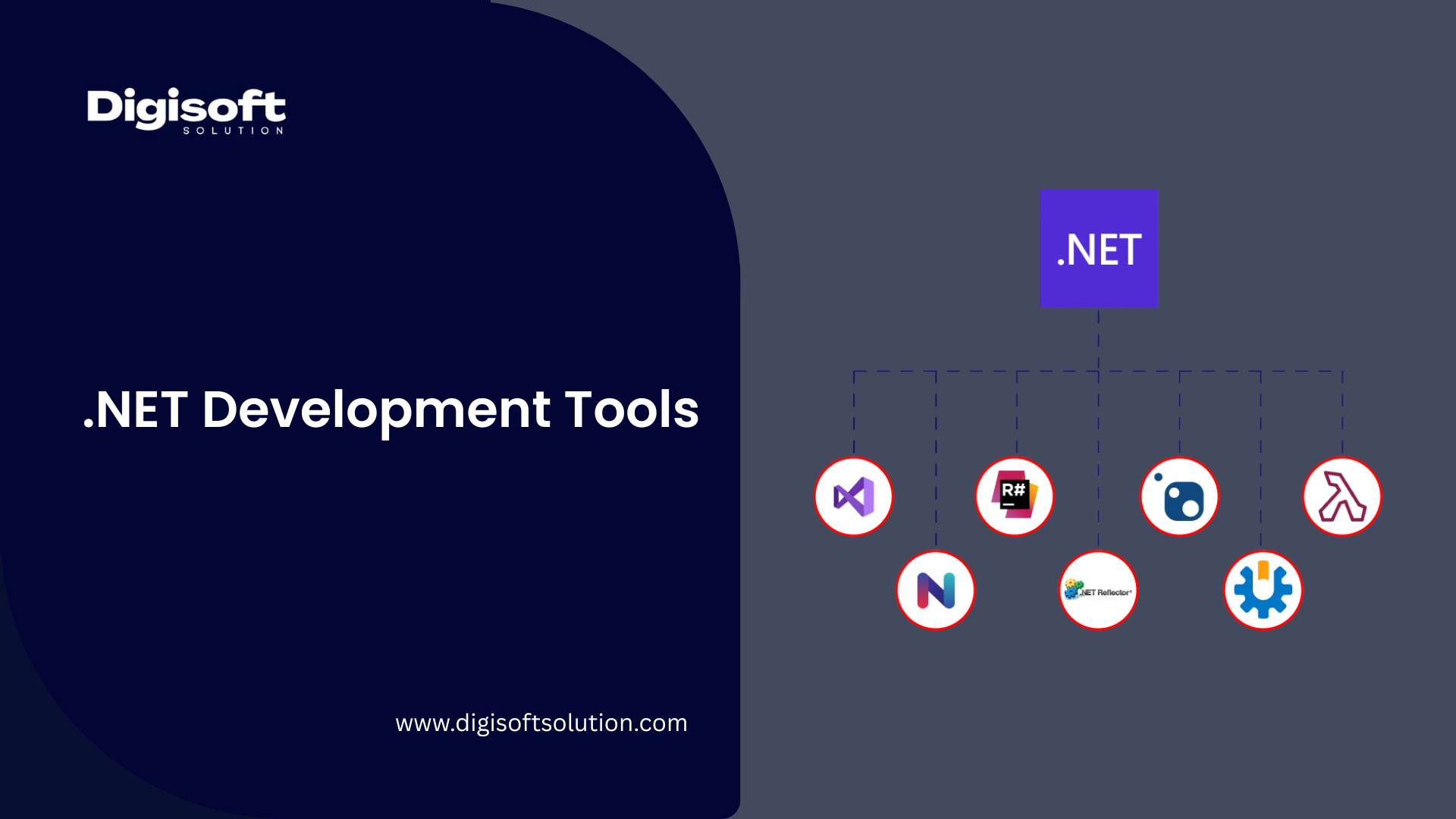





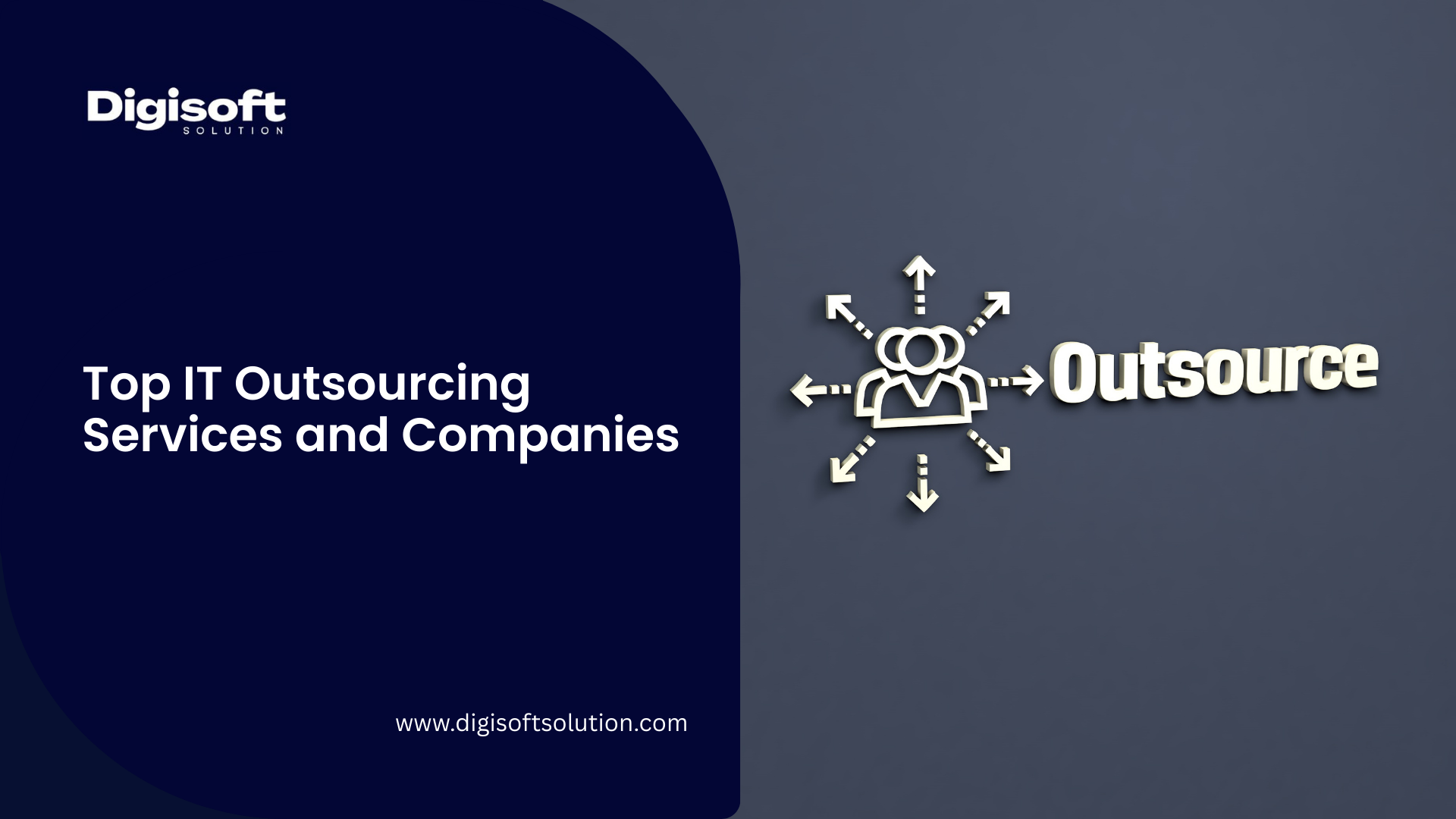


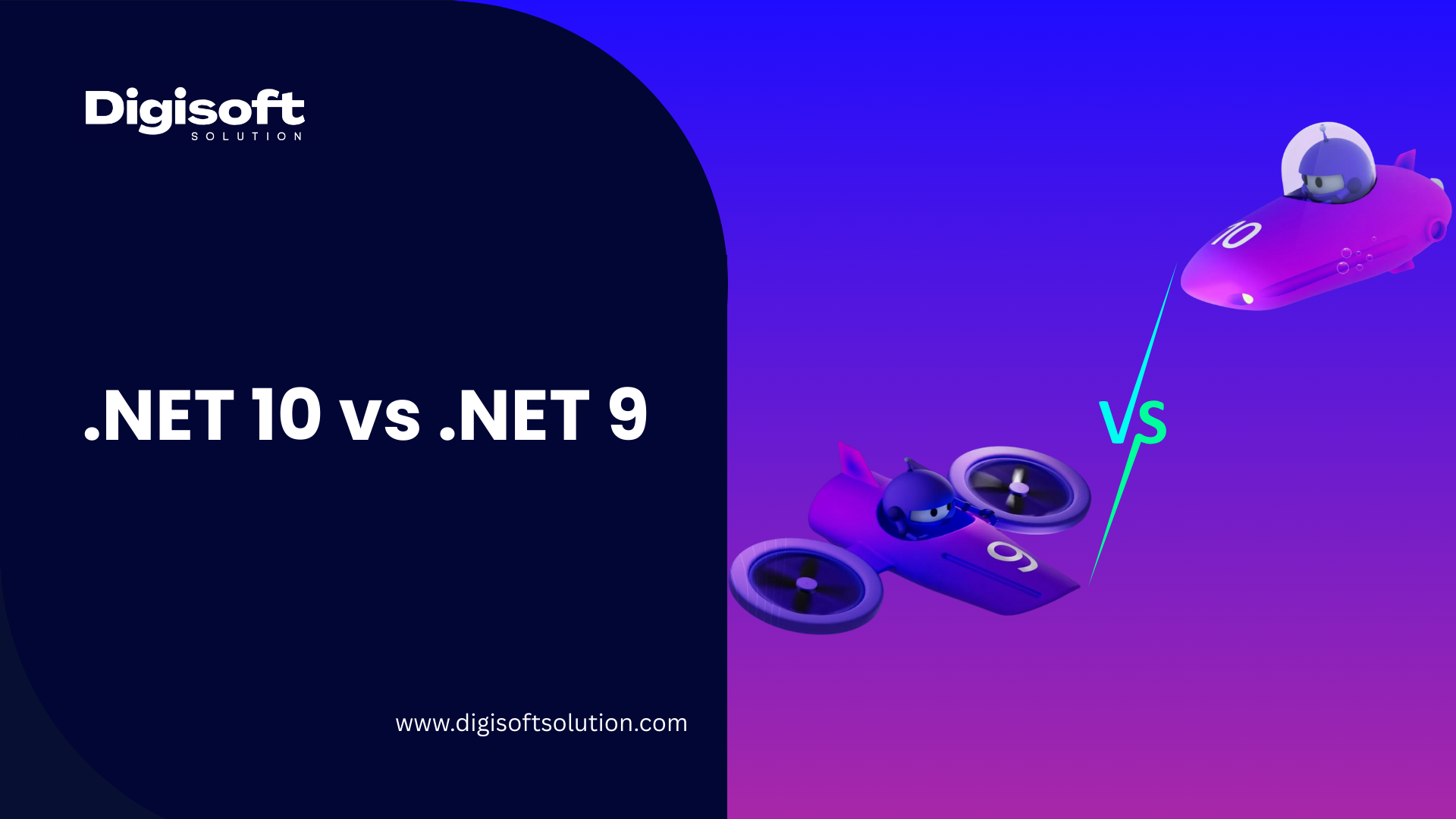









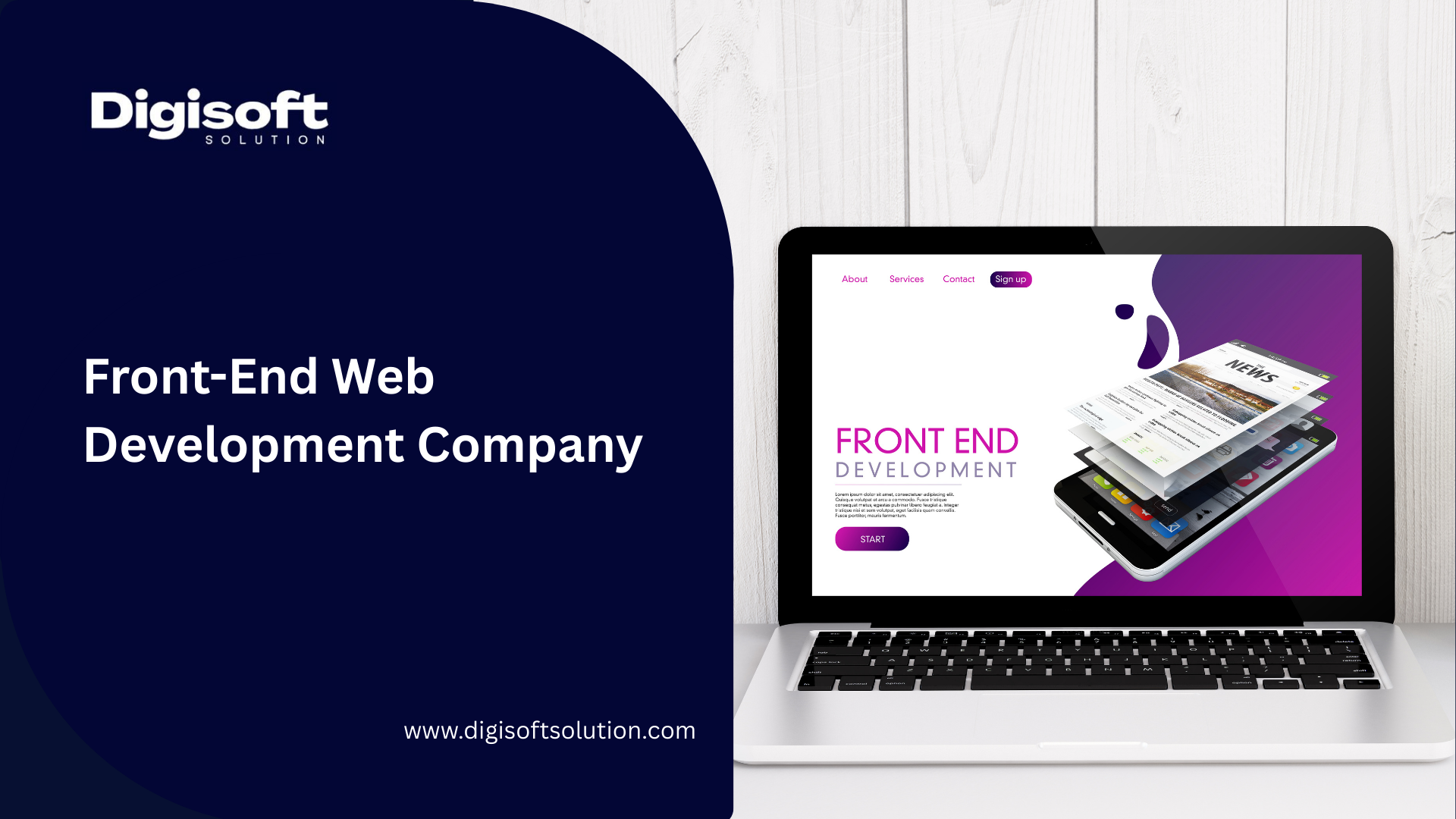



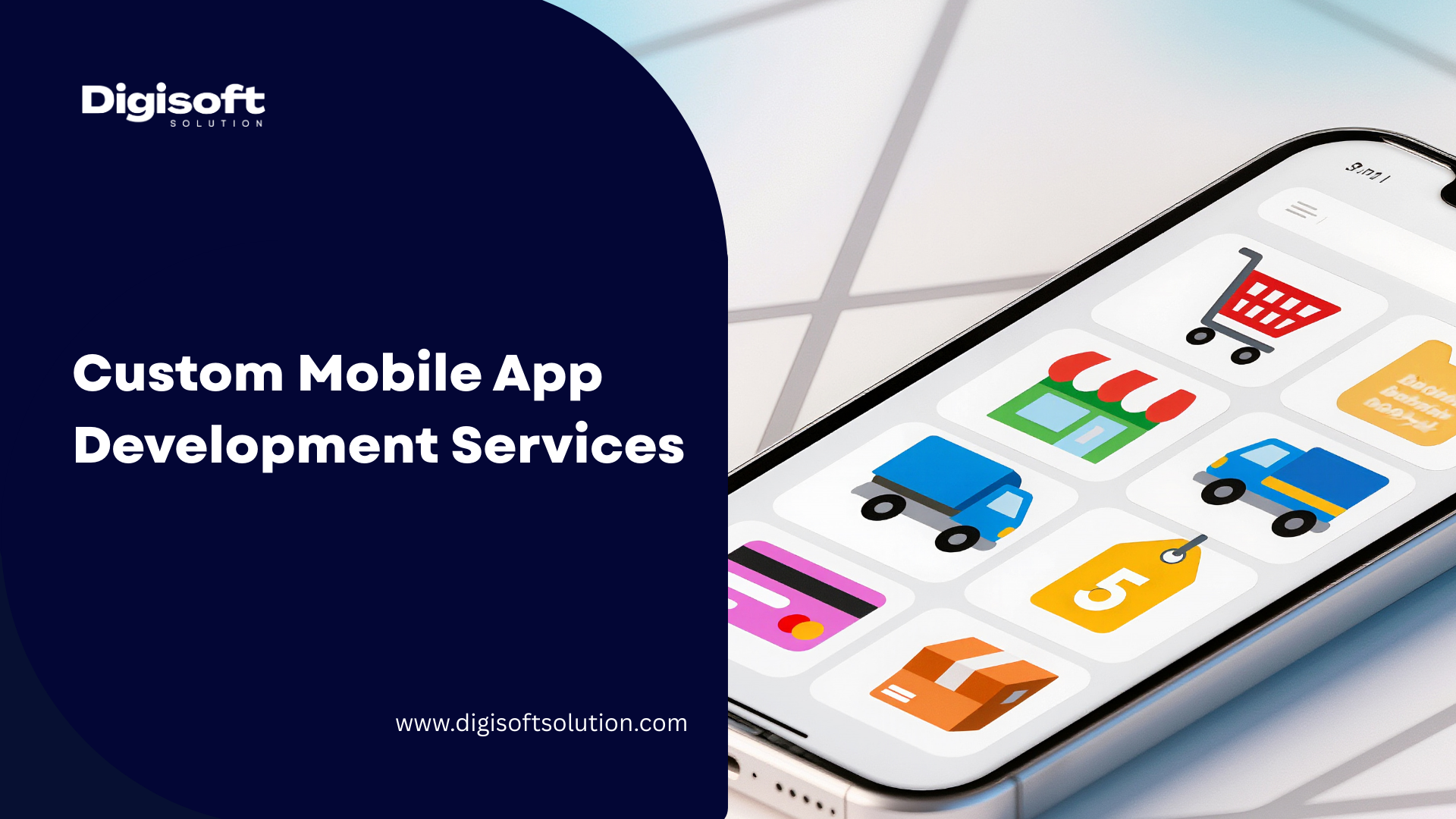









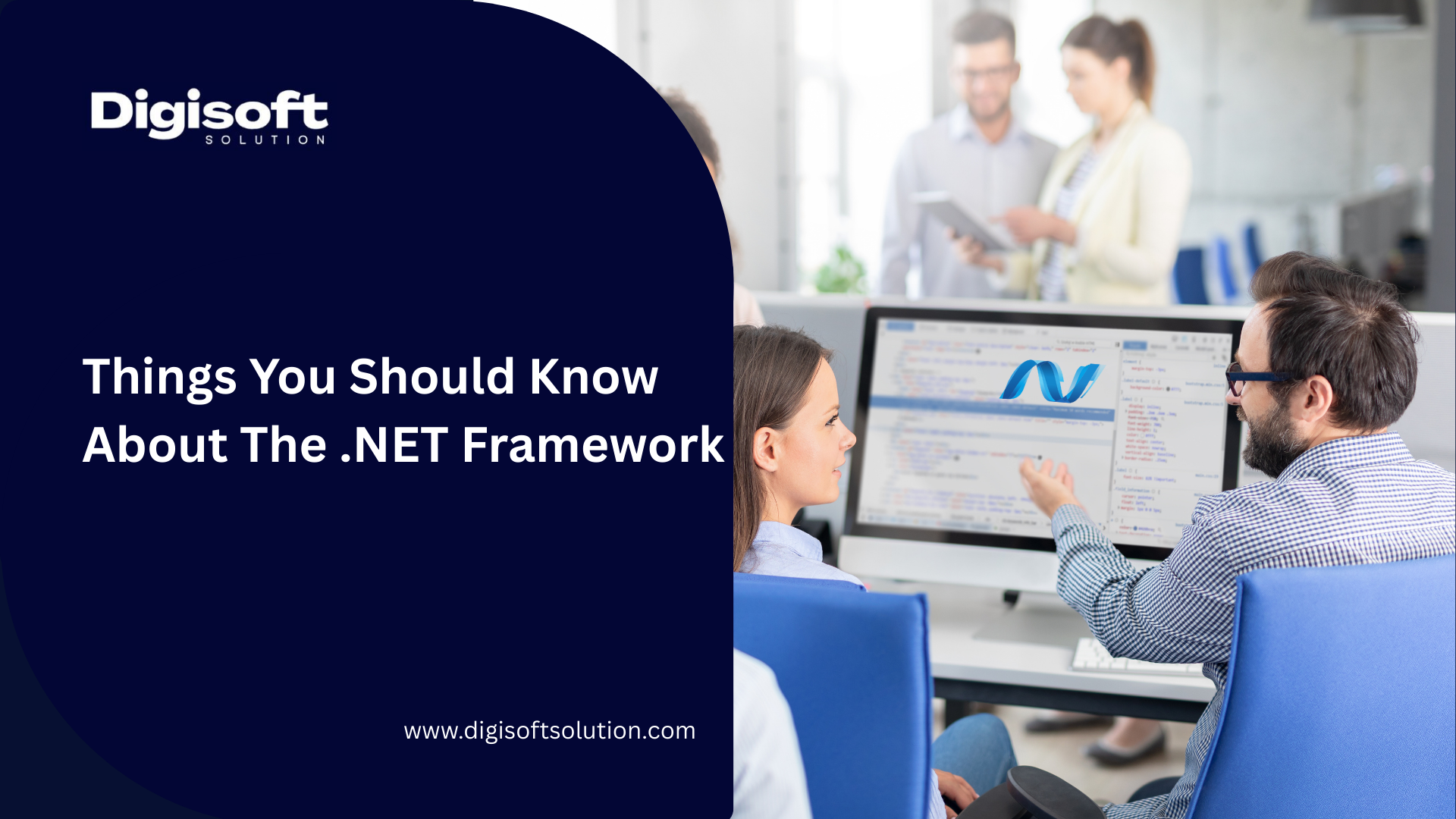















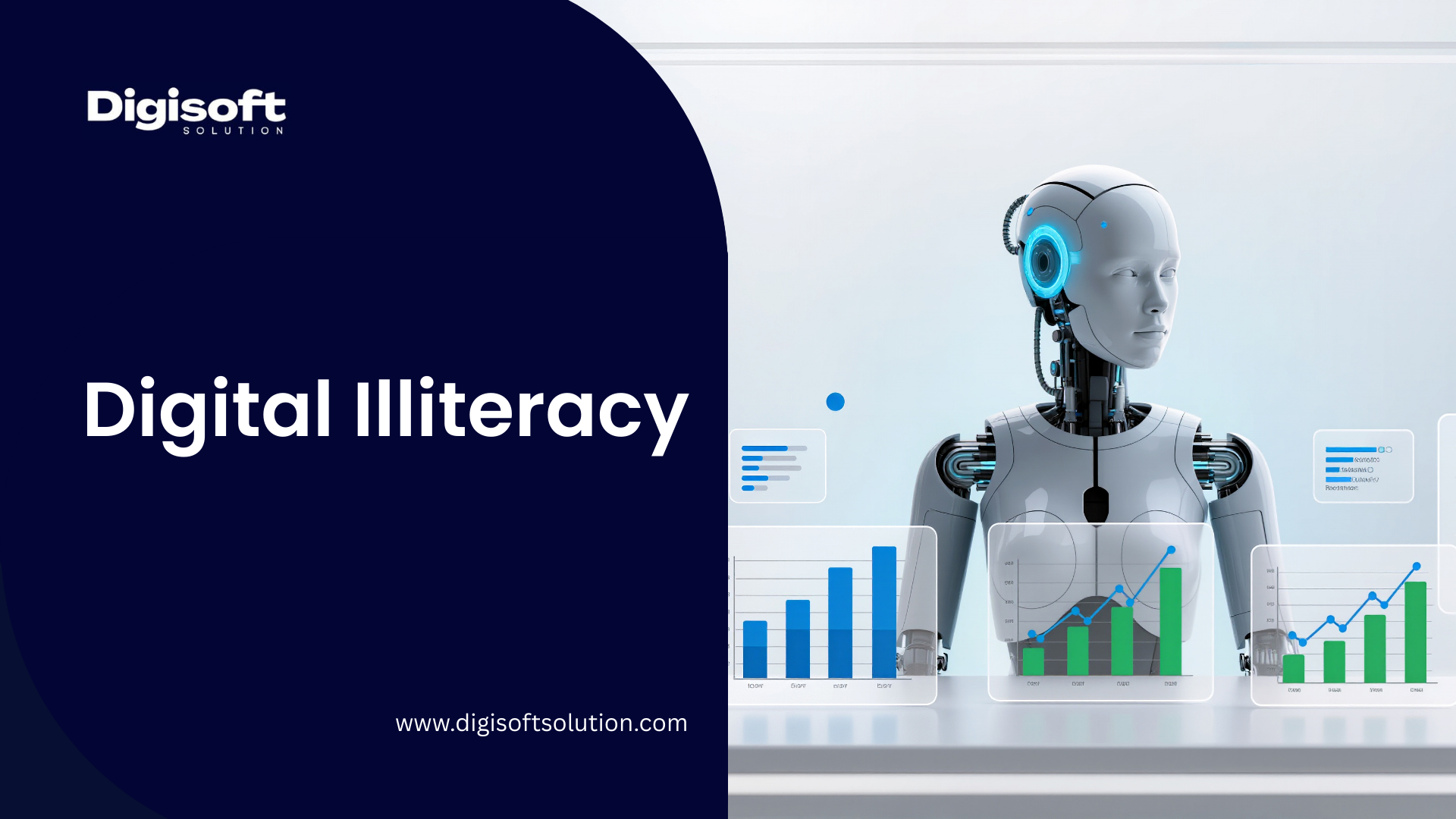


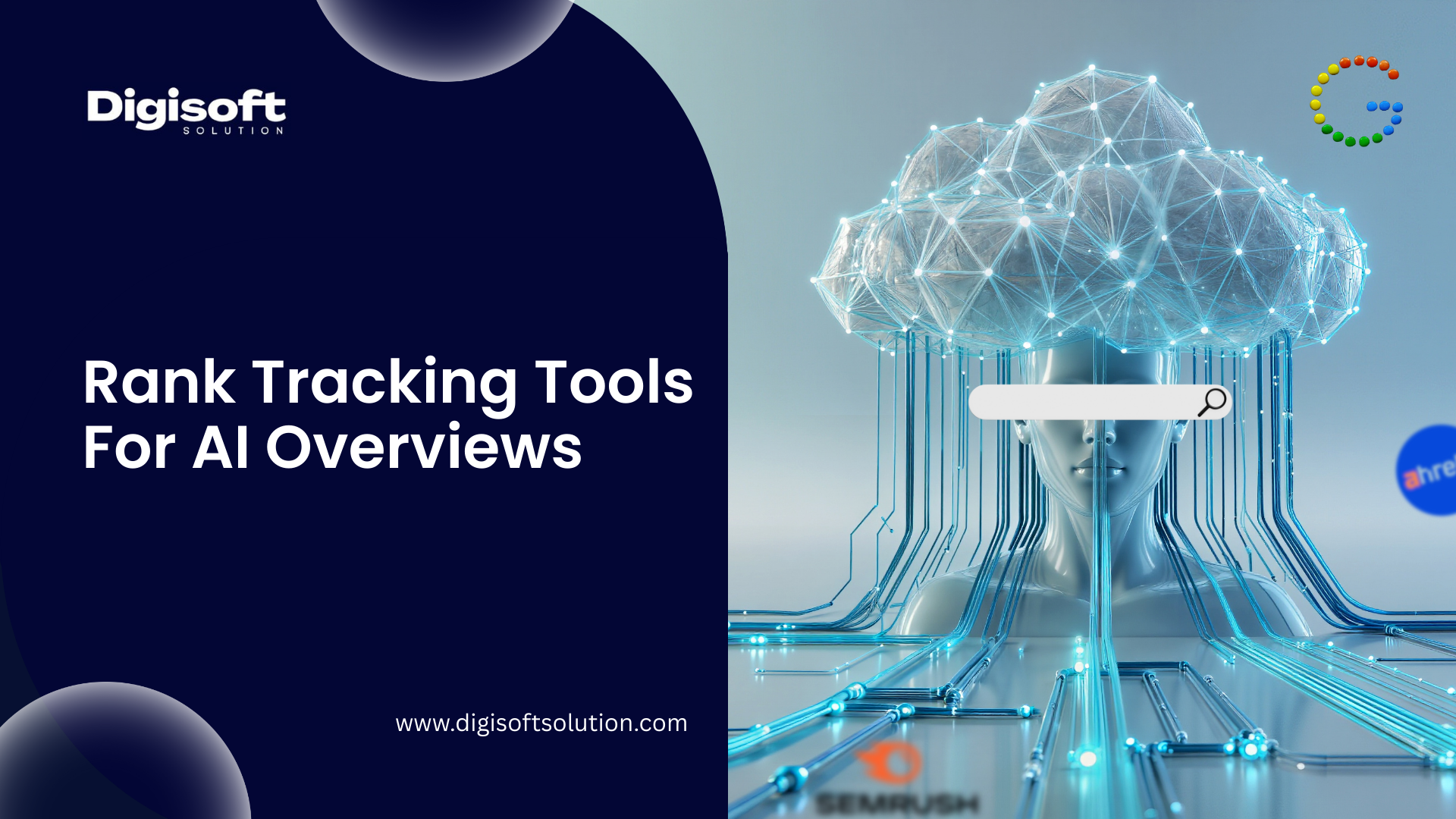






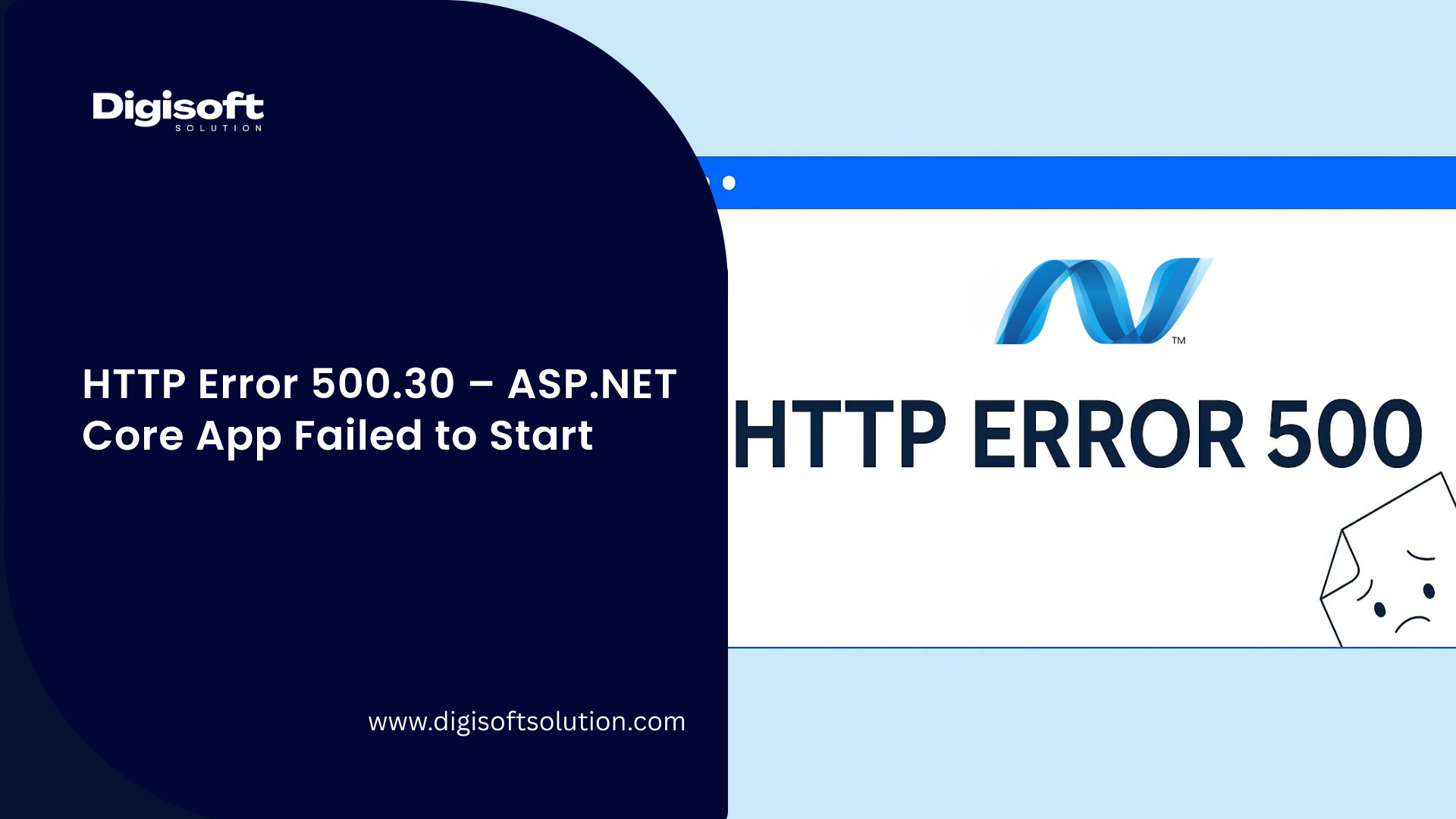
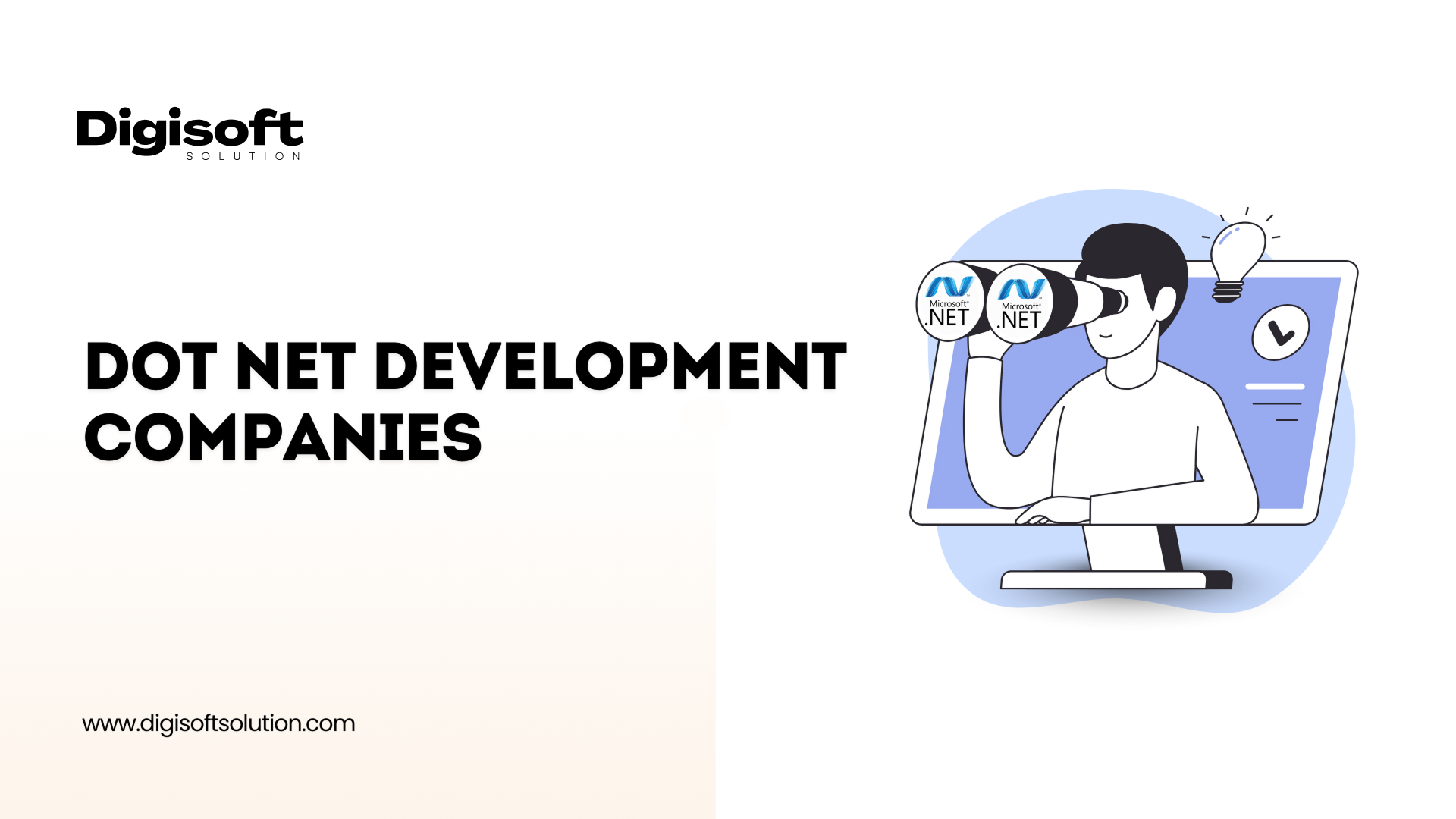

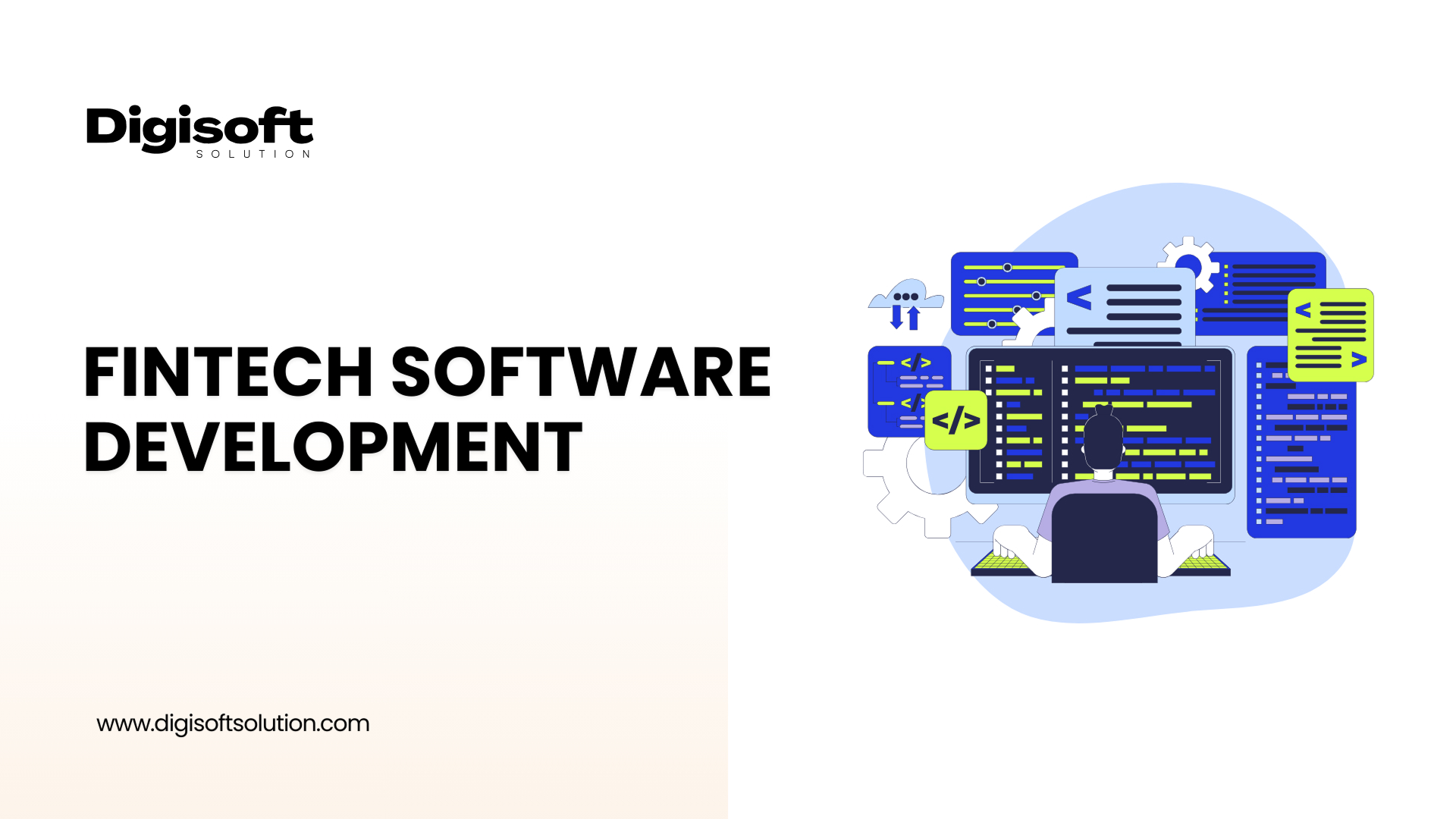
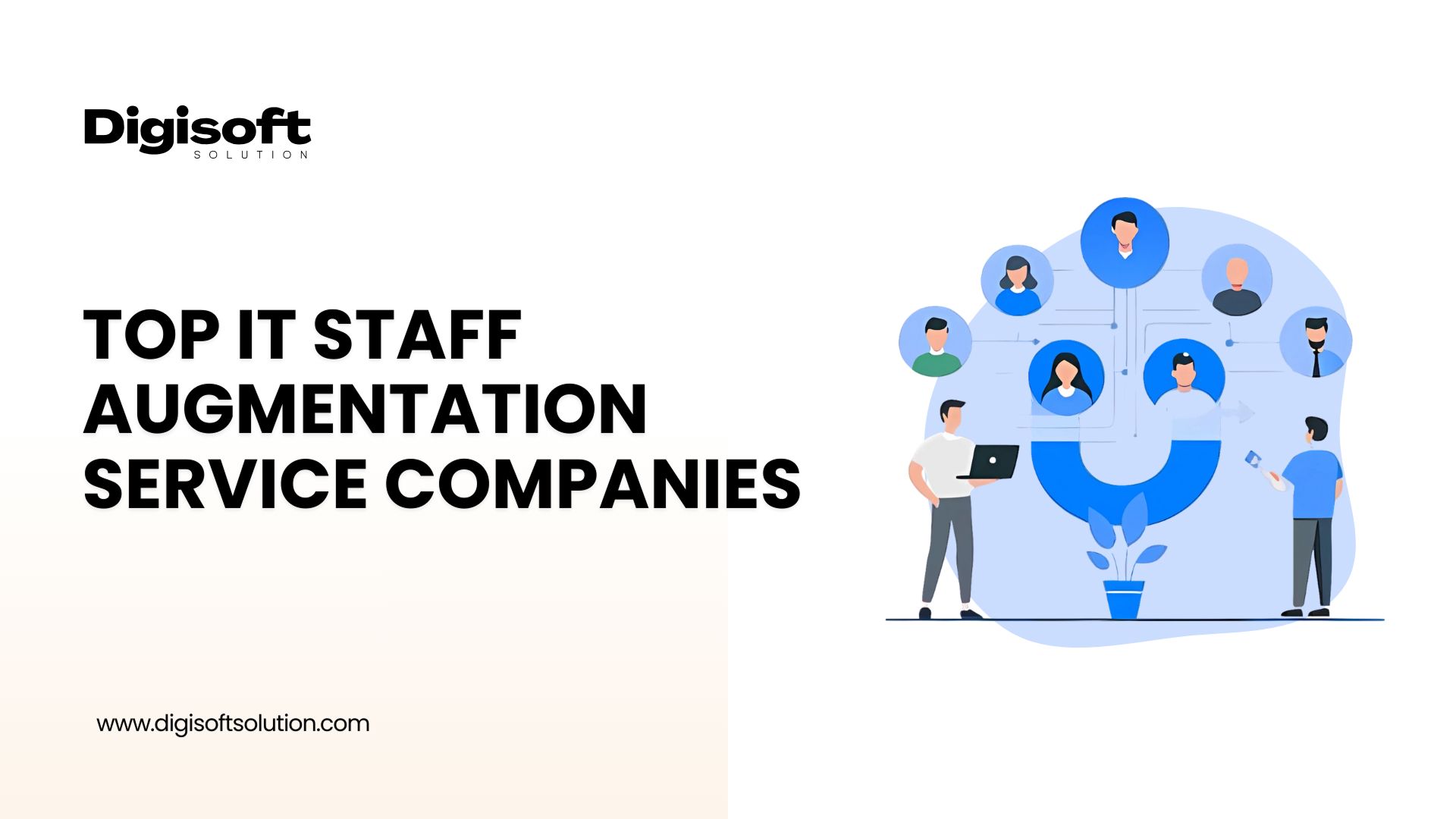
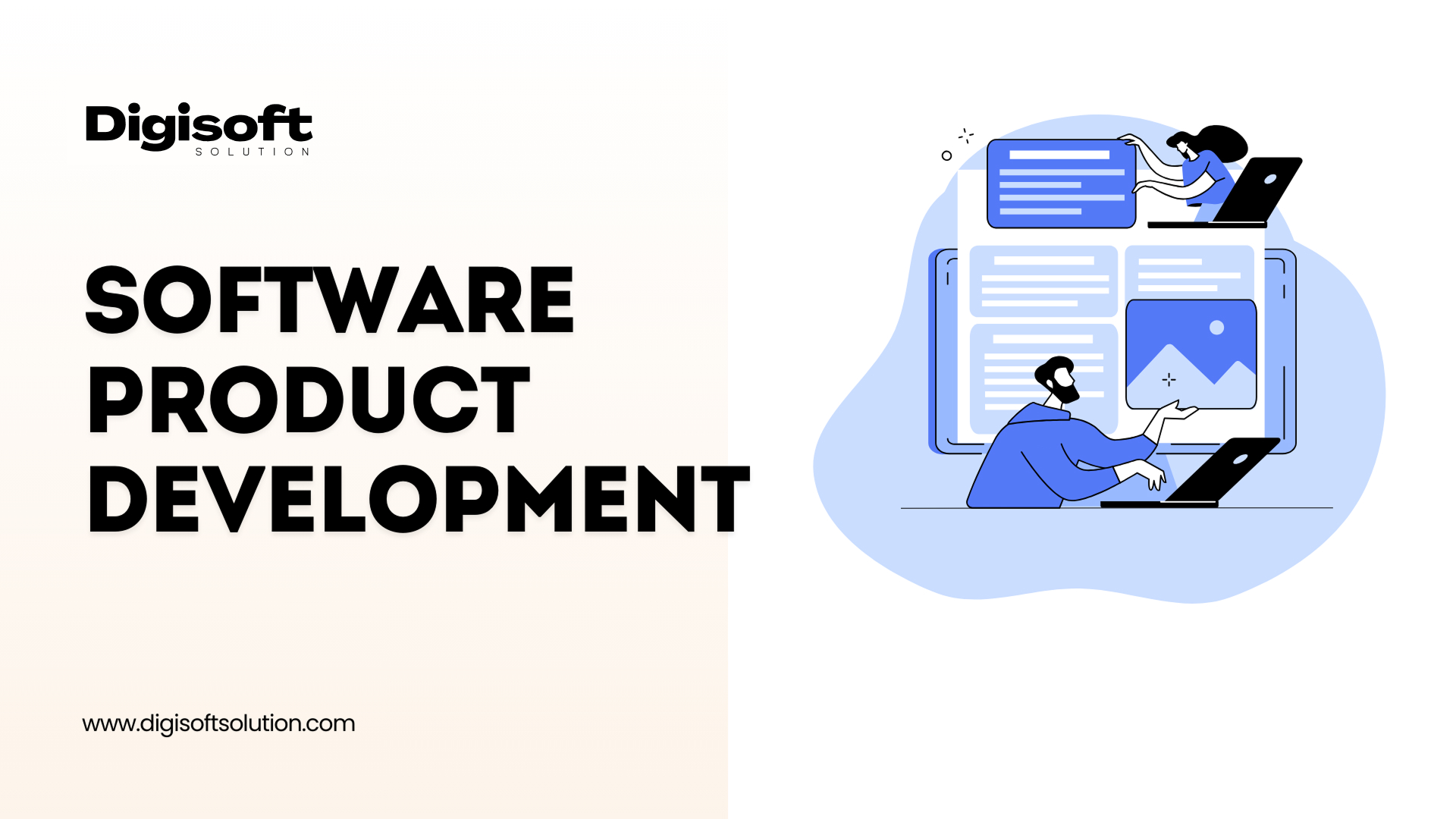
 Kapil Sharma
Kapil Sharma
